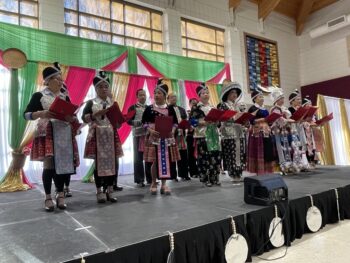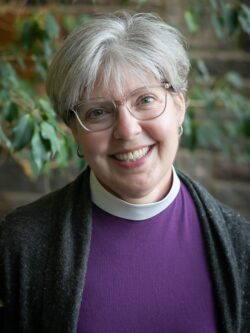Connected Through Call
November 11th, 2025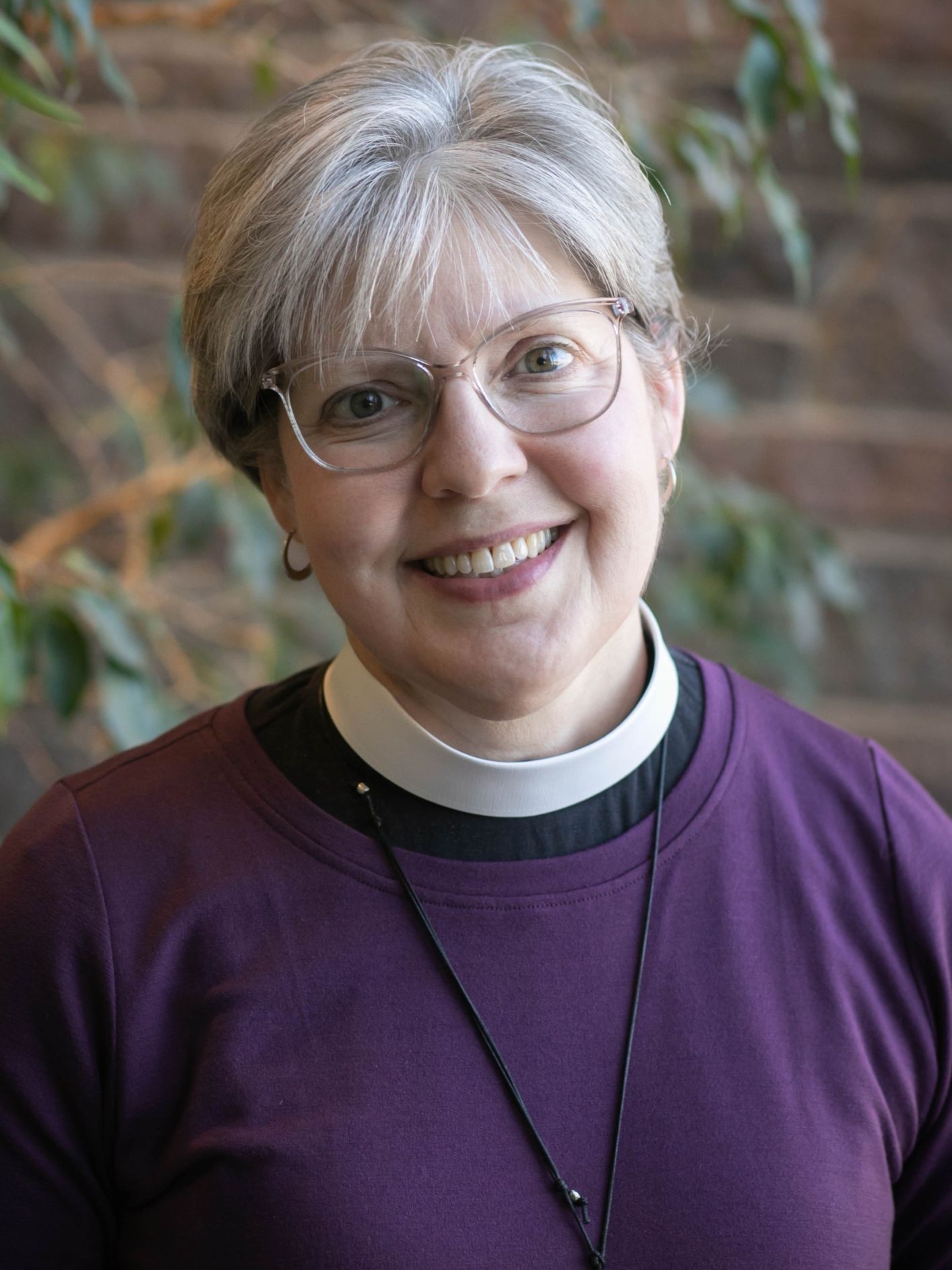 By Bishop Jen Nagel
By Bishop Jen Nagel
We’ve had a season of ordinations this fall around Minneapolis Area Synod. Ian Heseltine was ordained as a deacon with a call to serve in development at Augsburg University. With ties at Normandale Lutheran, Sumner Musolf was ordained as a pastor and now serves St. Stephen Lutheran Church in Bloomington. Asefa Melka Wakjira was ordained at Our Redeemer Oromo Evangelical Church in South Minneapolis and serves as a pastor, as well as a hospital chaplain. Kayla Zopfi was ordained as a deacon with a call from the ELCA Churchwide Office as the ELCA Young Adult Network Coordinator. And, Morgan Simmons, who did candidacy in the Delaware-Maryland Synod and has been active in our synod for some years during seminary and internship, has been called to Northern Great Lakes Synod and now serves as pastor at Immanuel Lutheran Church in Rhinelander, Wisconsin. Whew!
With these ordinations, I have been thinking about our interconnections and an activity I have done with people in outdoor ministries. The group would stand in a circle with a ball of yarn or thin rope. The person who starts would hold the end of the rope and then pass the ball across the circle to someone else. They’d grasp the rope and pass the ball of rope to another person. With the passes, a web of rope is created with each person around the circle holding on. As a group, we’d talk a bit about this interconnected web, or ecology, noticing how a tug or added pressure in one spot is felt across and around the circle.
Getting to know these new deacons and pastors in the church, I celebrate the web of relationships that has raised up their faithful calls to ministry, held them in prayer, funded their studies, engaged their academic learning, nurtured their skills, and now invites them into new leadership and trust. And all this, not for their sake, but for the sake of this beautiful and broken world, for the sake of the gospel of Jesus Christ, for the sake of proclaiming, indeed, embodying, life in the midst of death.
When we’re tempted to go it alone, the truth comes again in the tug across the circle. We, dear ones, are part of this interconnected ministry, tethered together by the Holy Spirit, and held by our God who will never let us go.

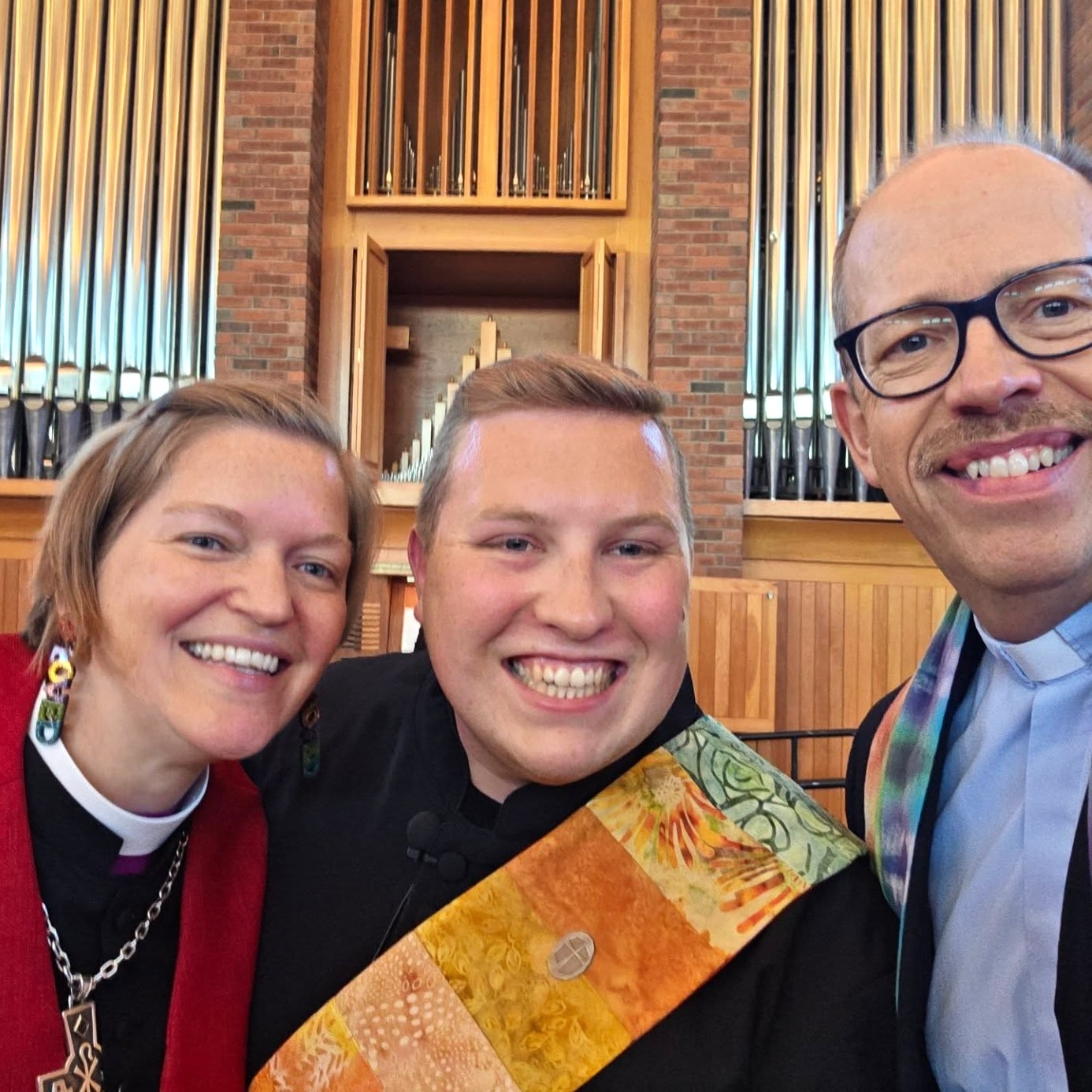
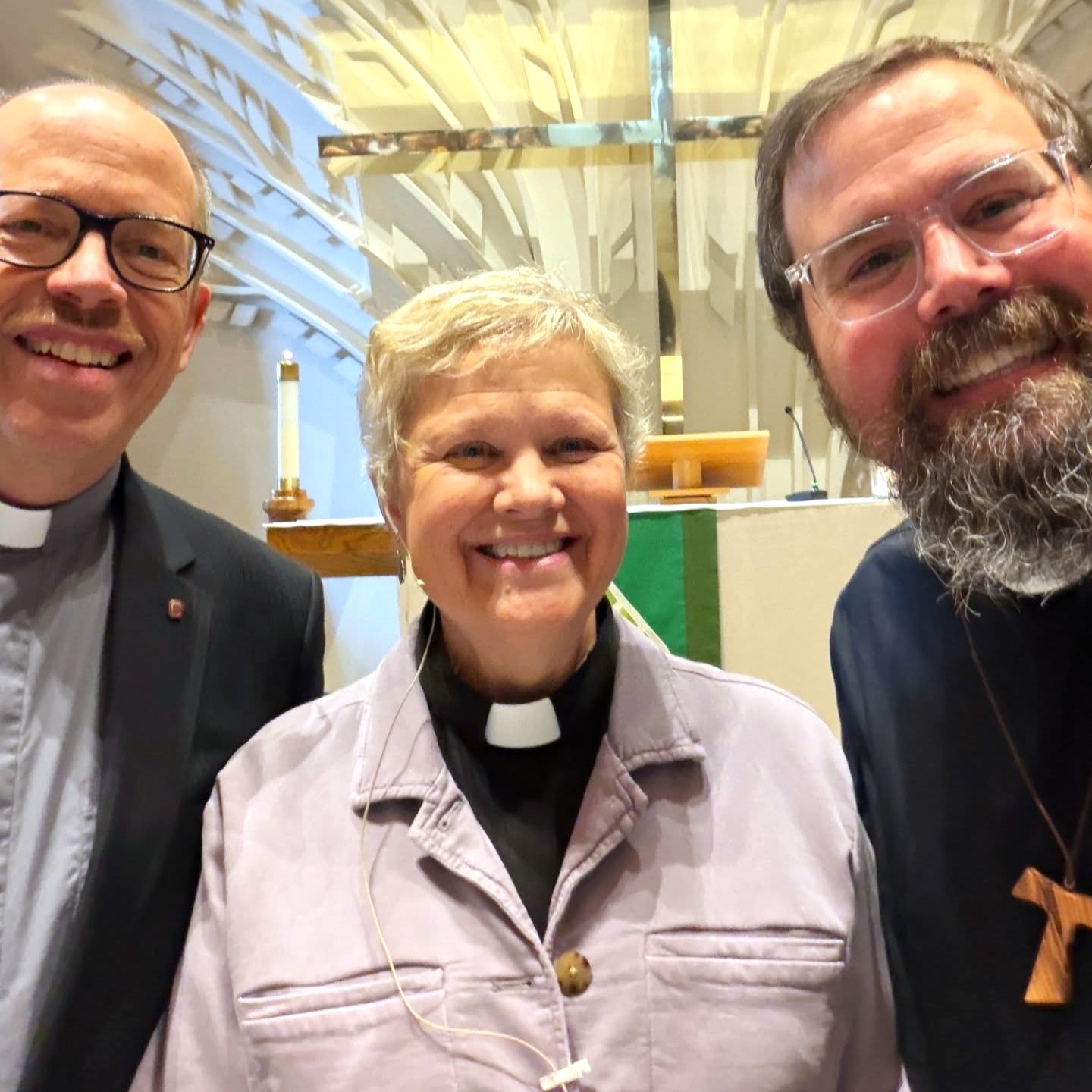
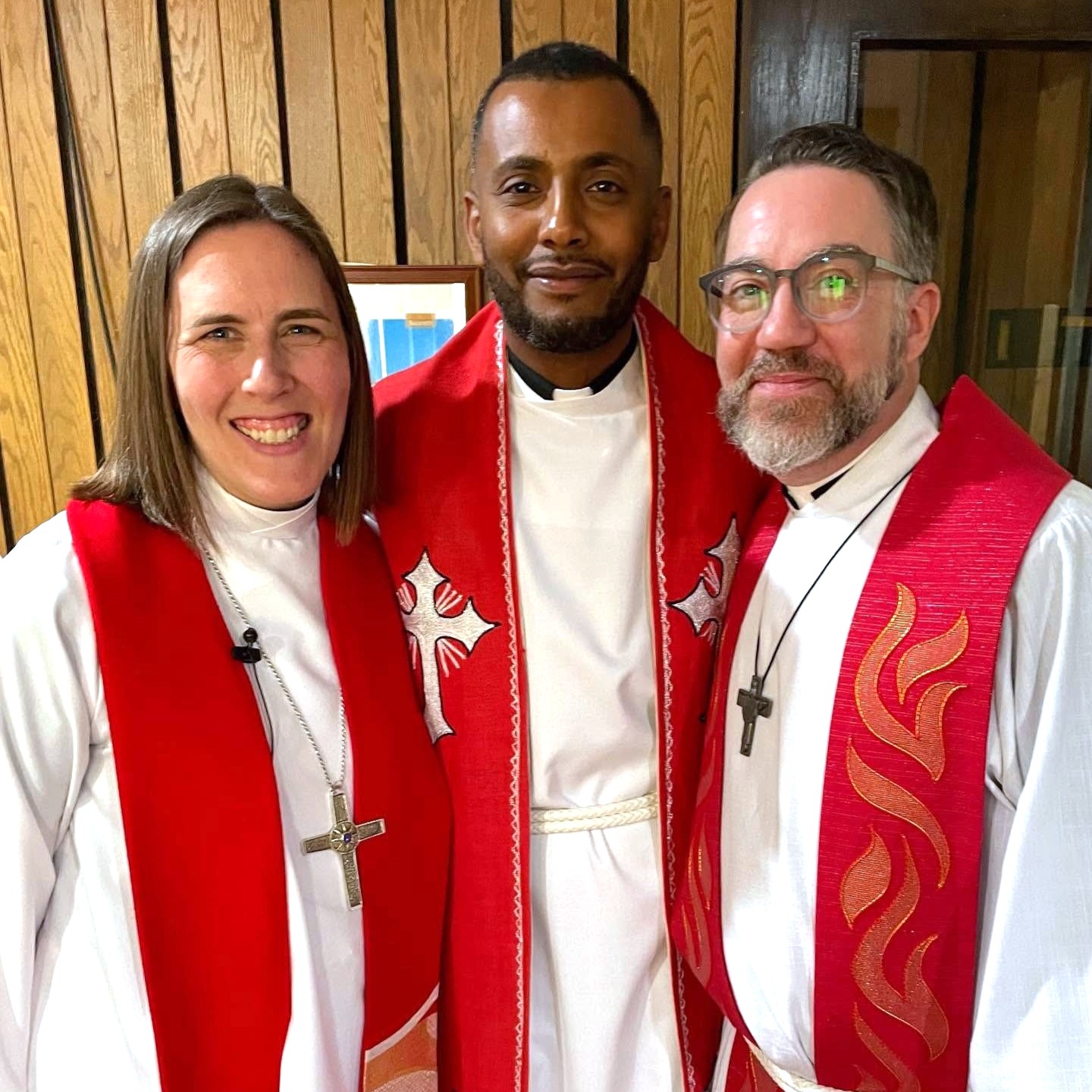
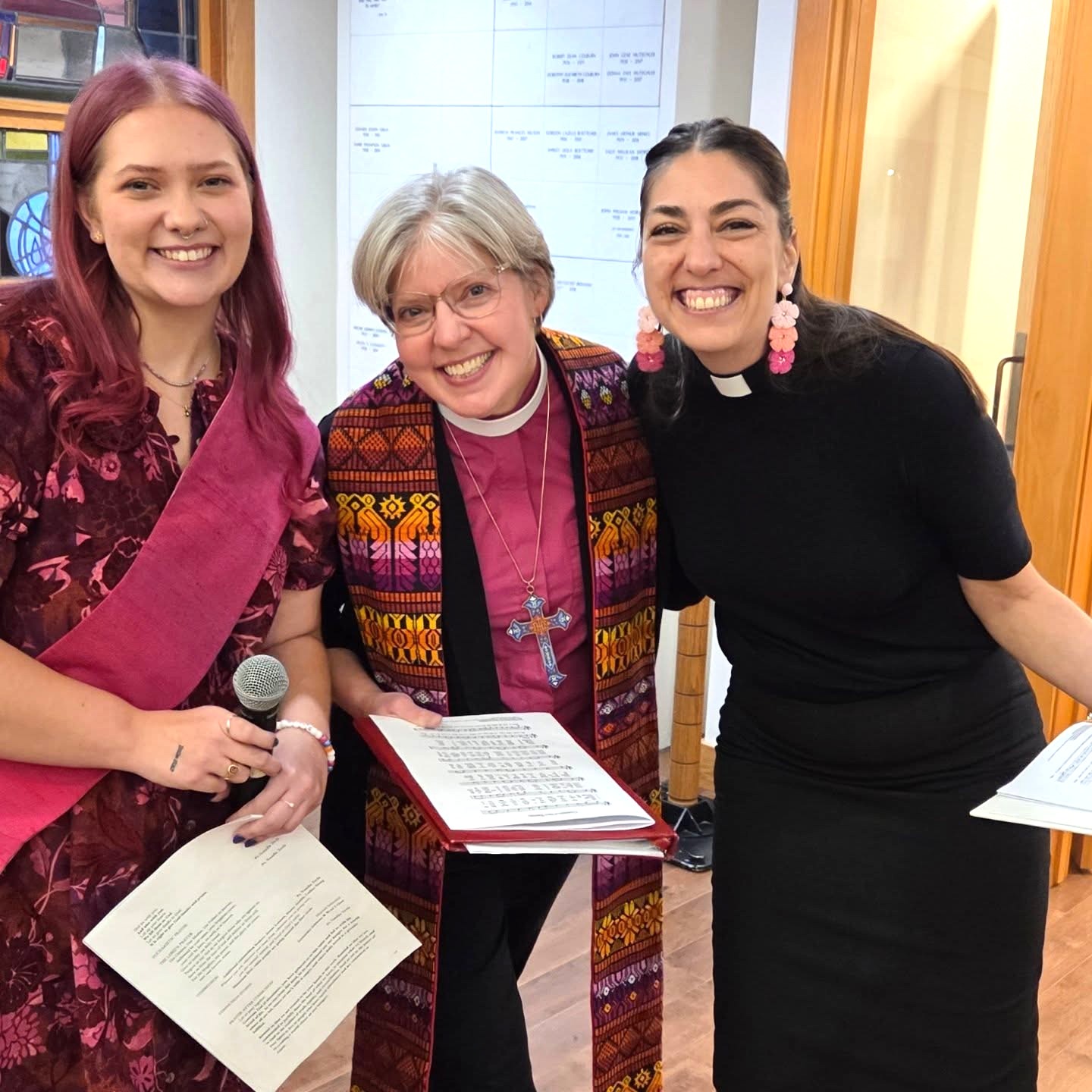

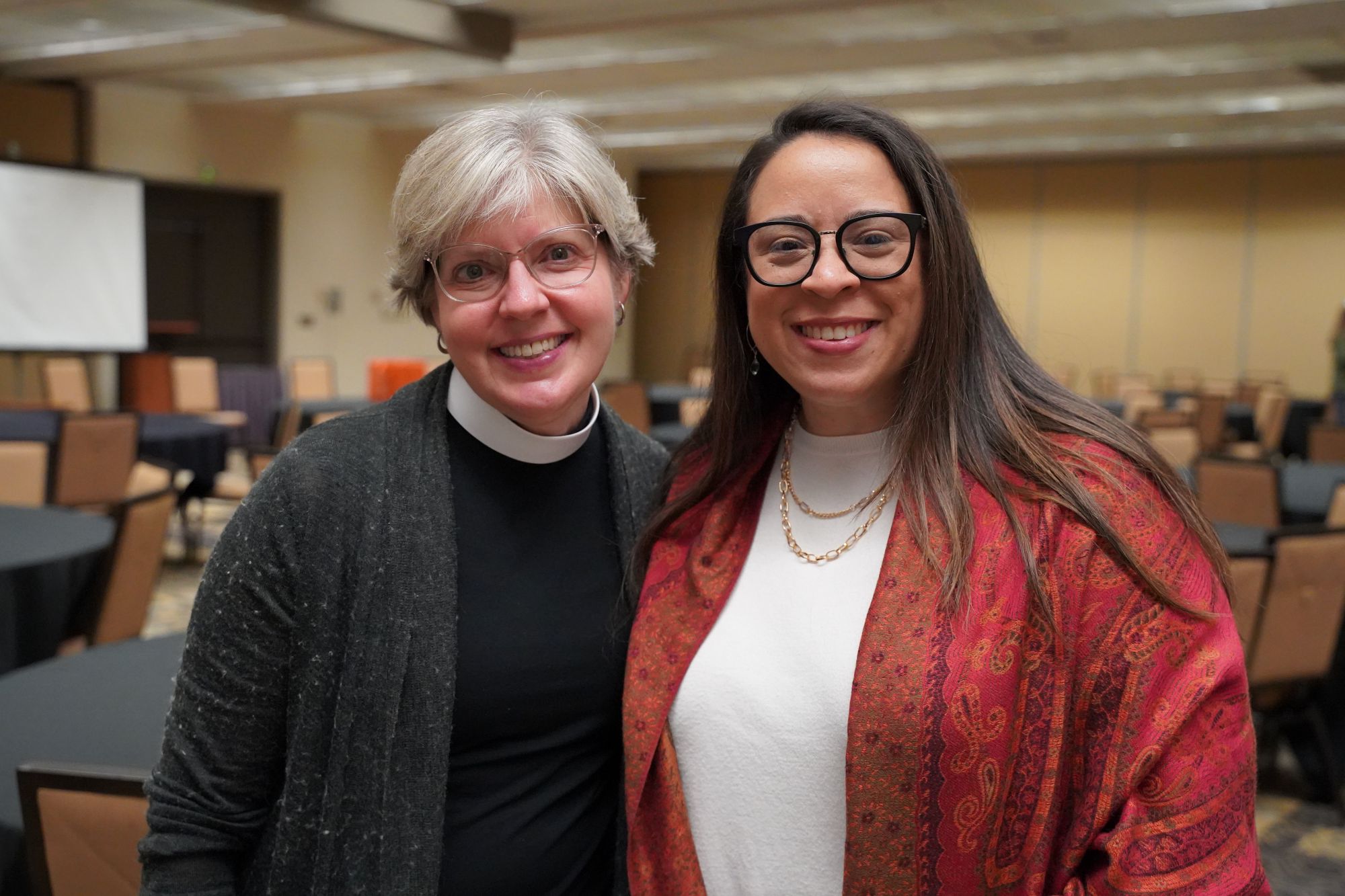

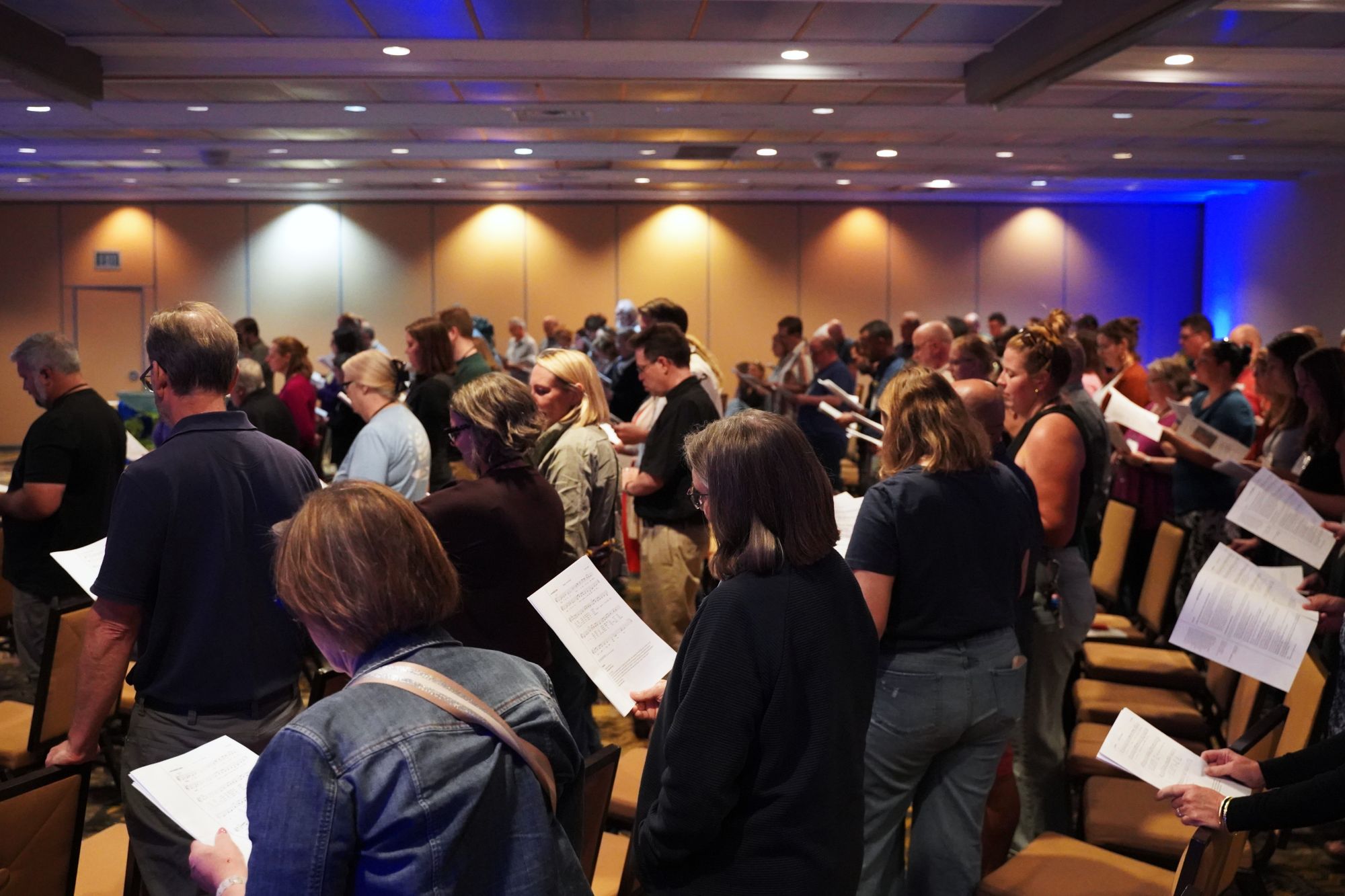
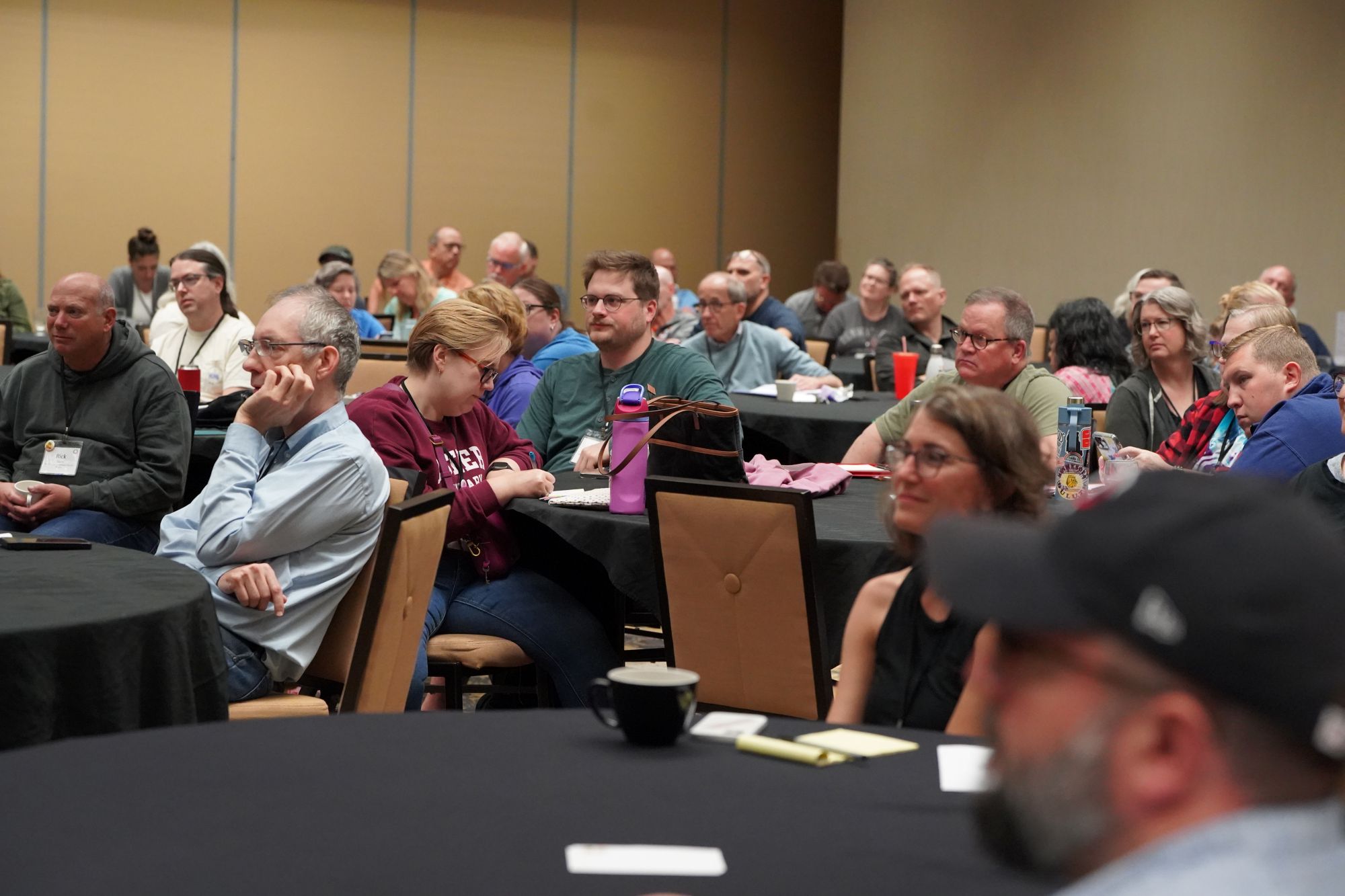
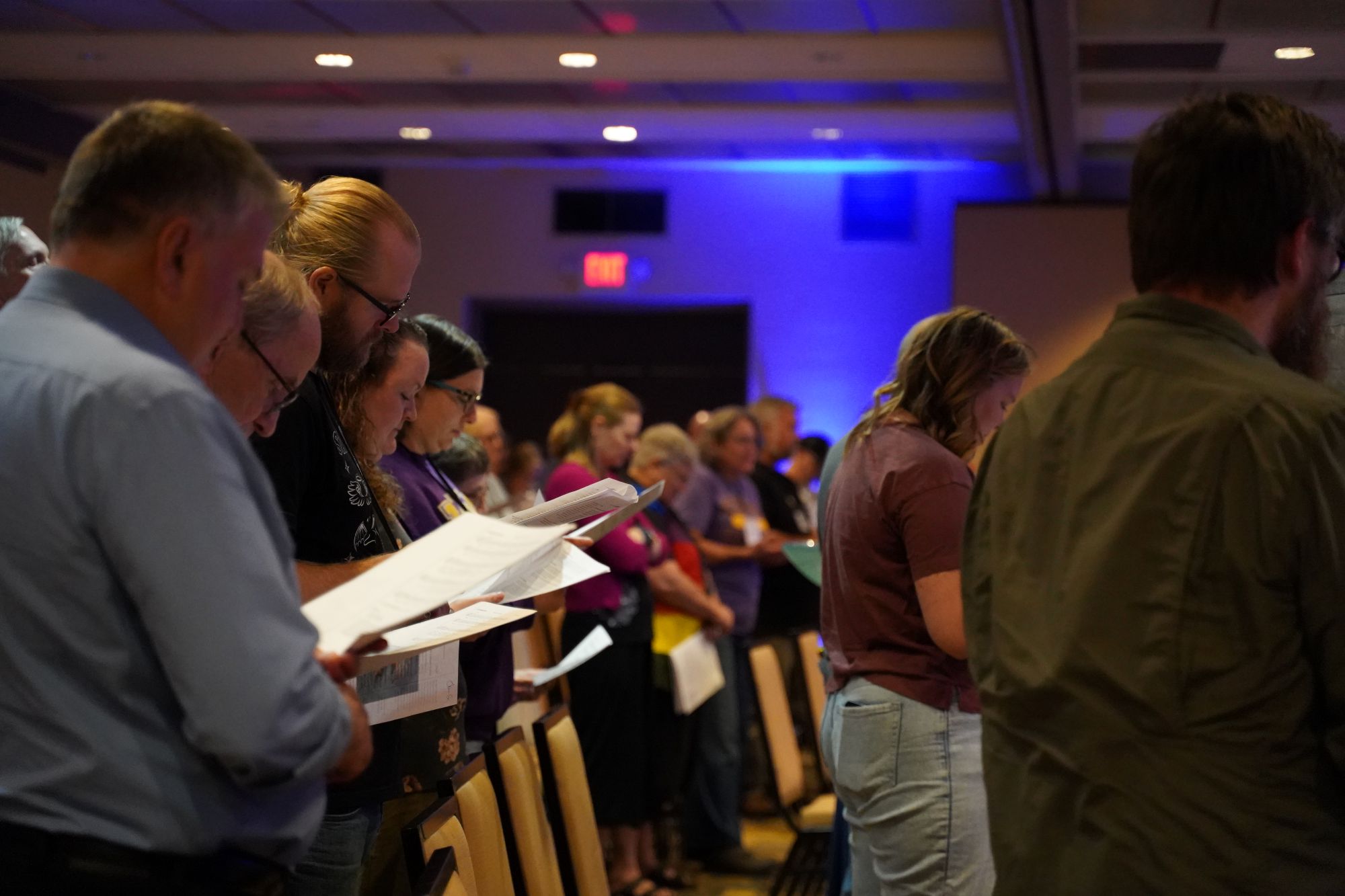
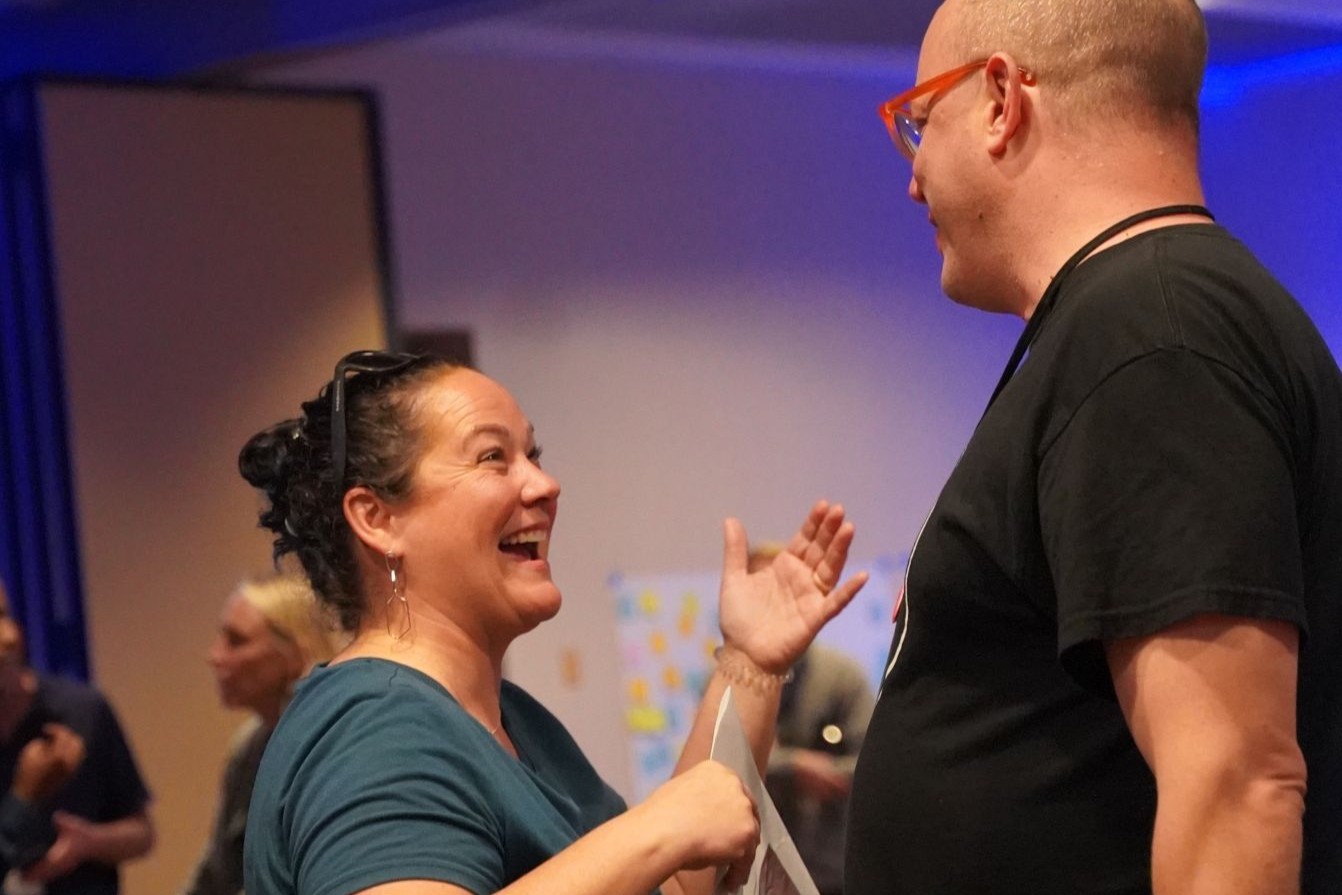
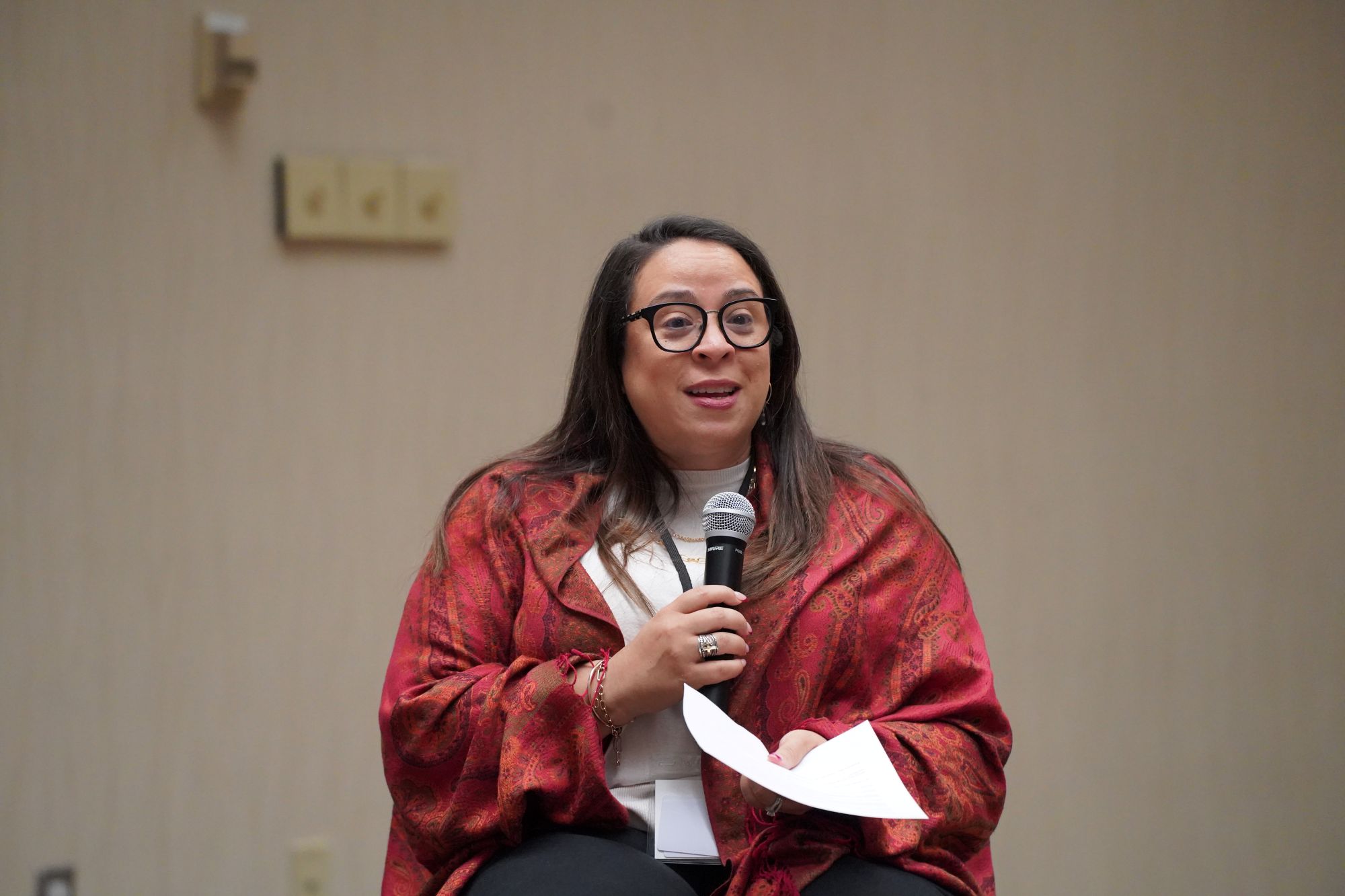
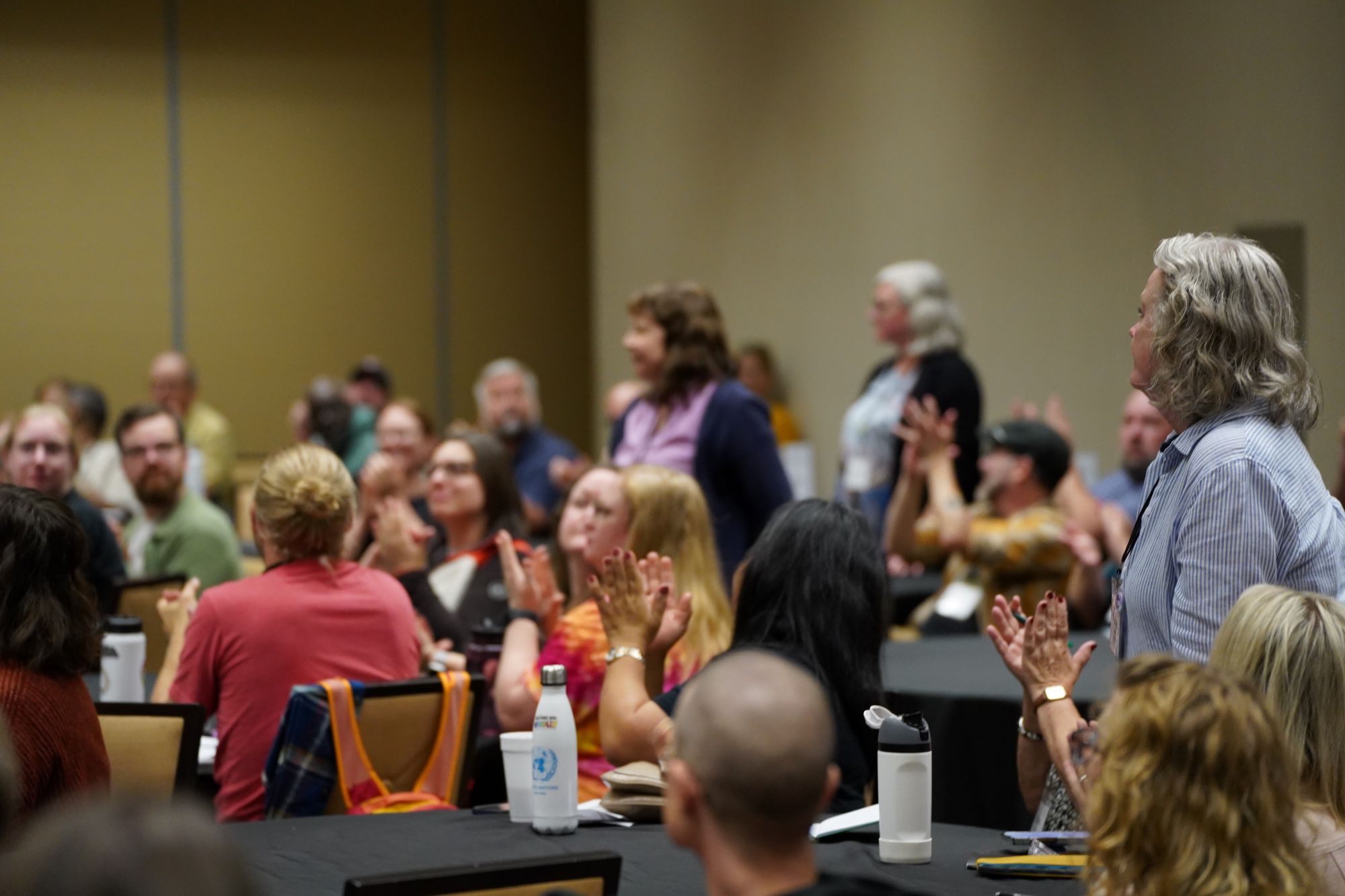
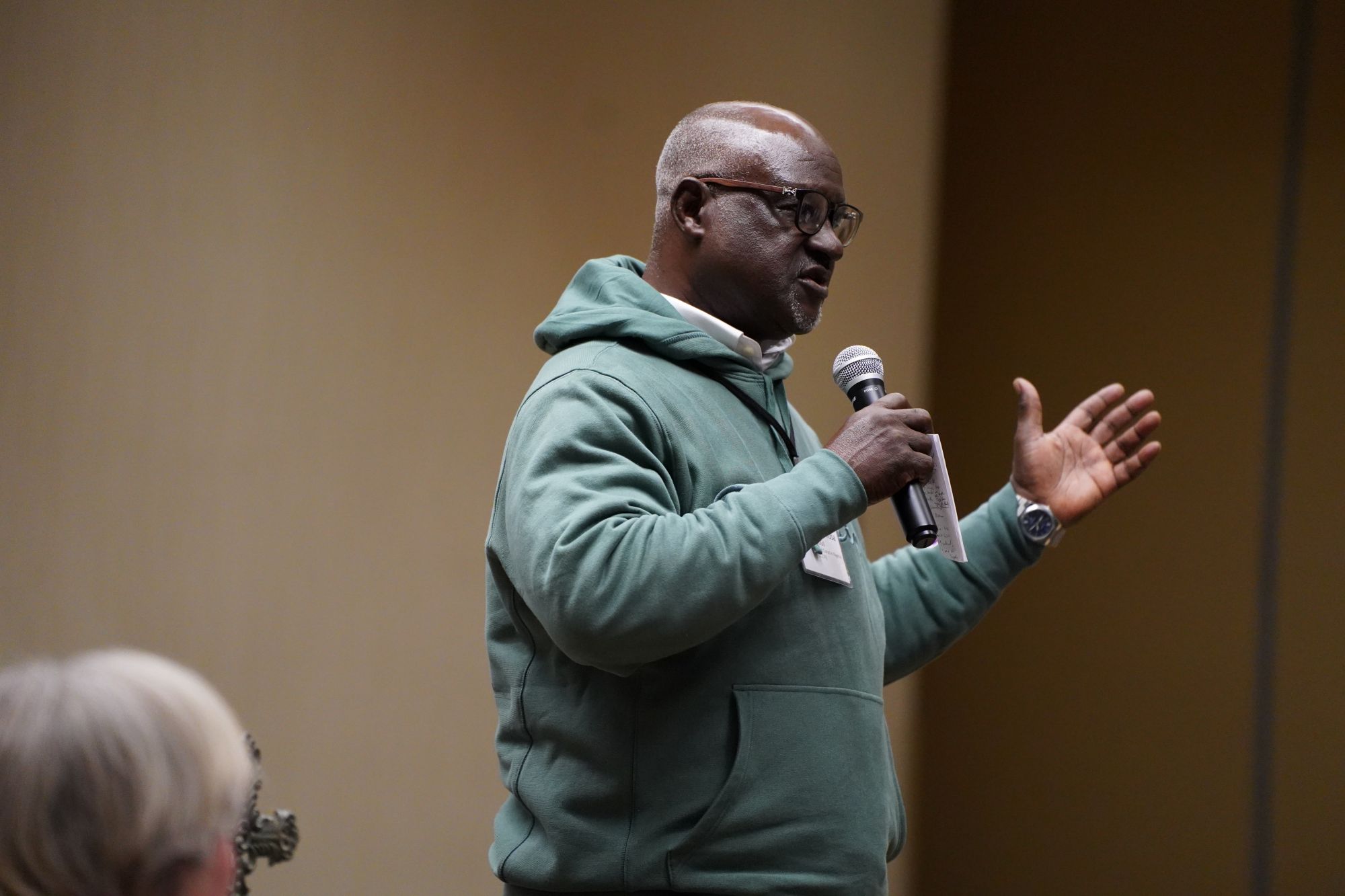
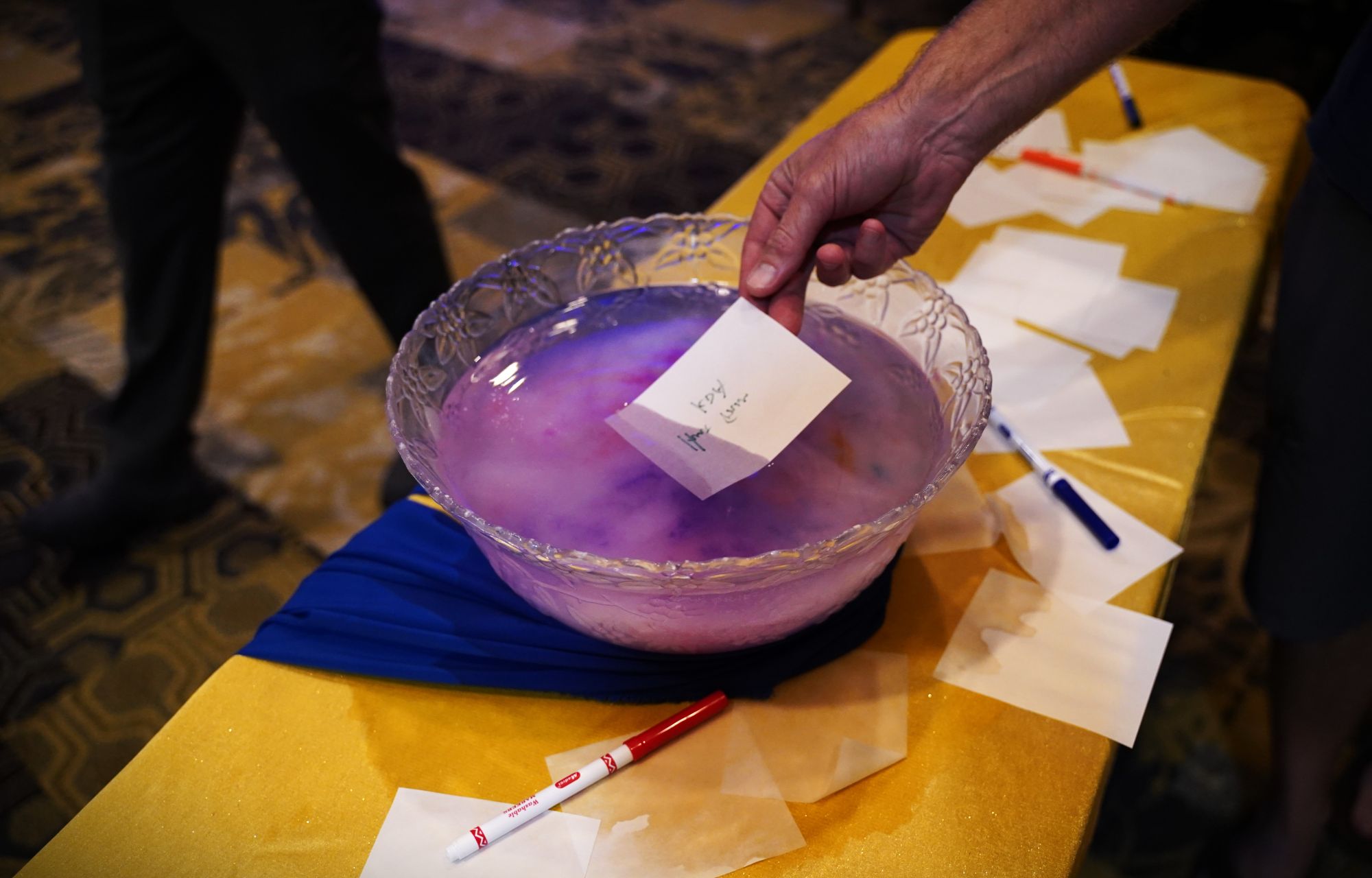
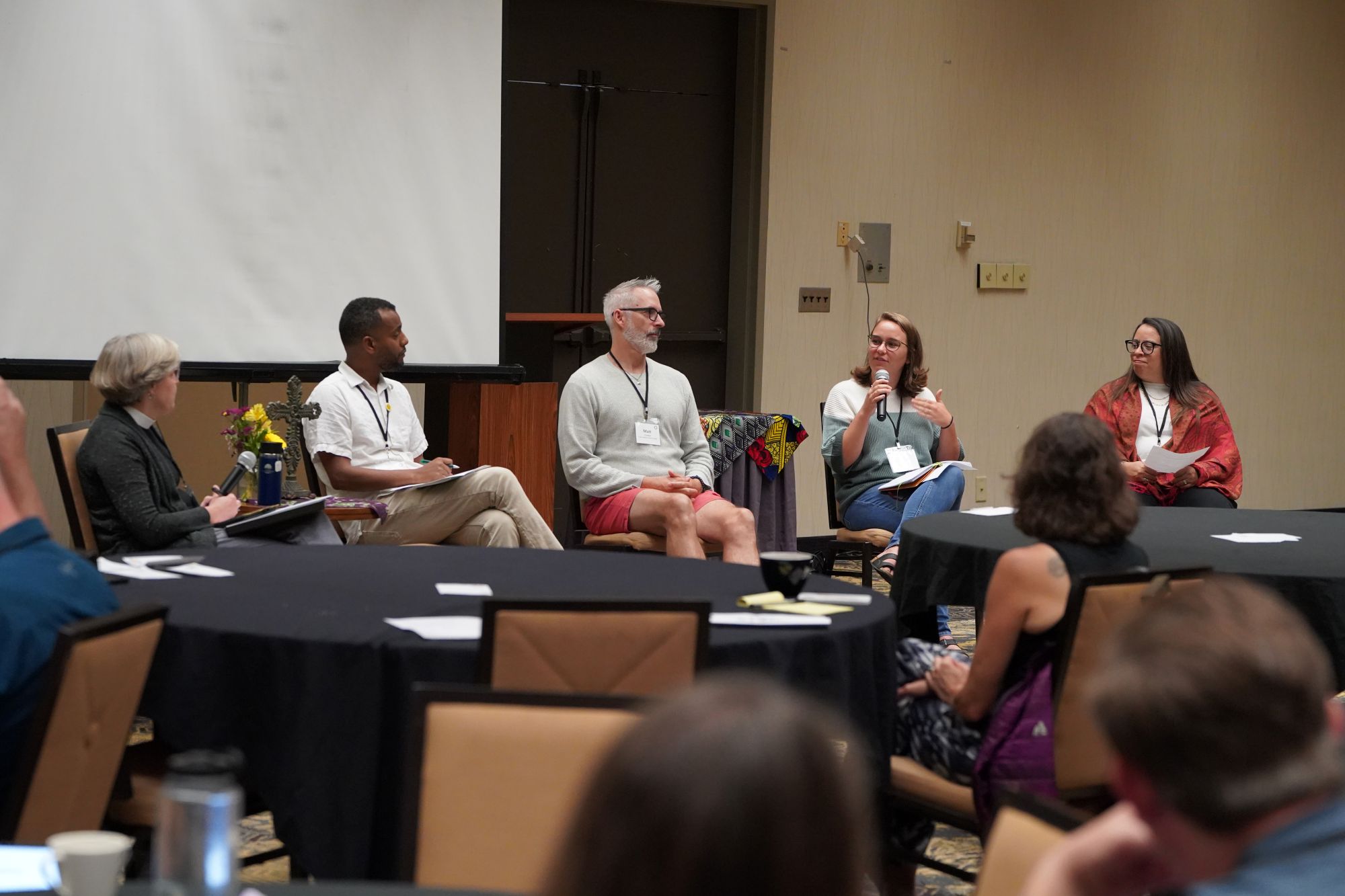
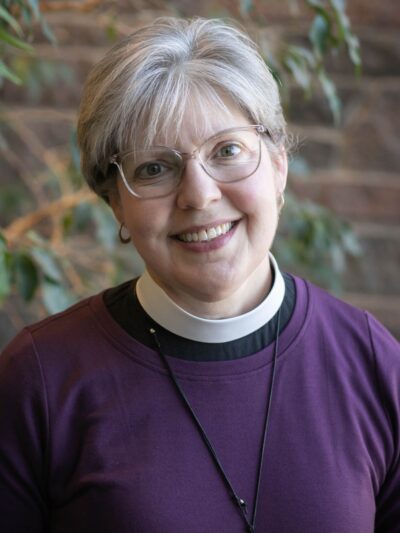 By Bishop Jen Nagel
By Bishop Jen Nagel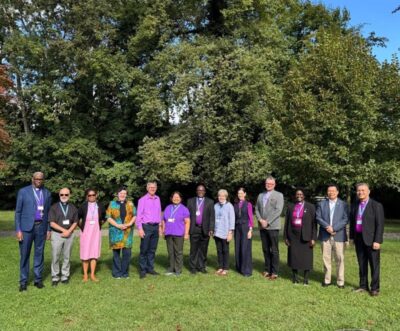
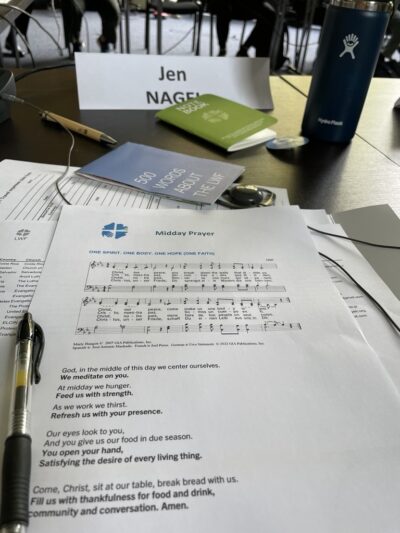 We share a common calling as church leaders, and we bring with us our particular contexts and experiences, joys and concerns. Though I’m across the ocean,
We share a common calling as church leaders, and we bring with us our particular contexts and experiences, joys and concerns. Though I’m across the ocean, 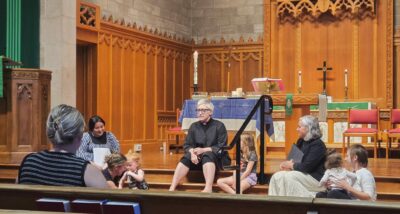
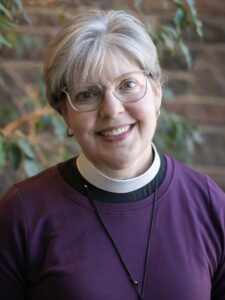 By Bishop Jen Nagel
By Bishop Jen Nagel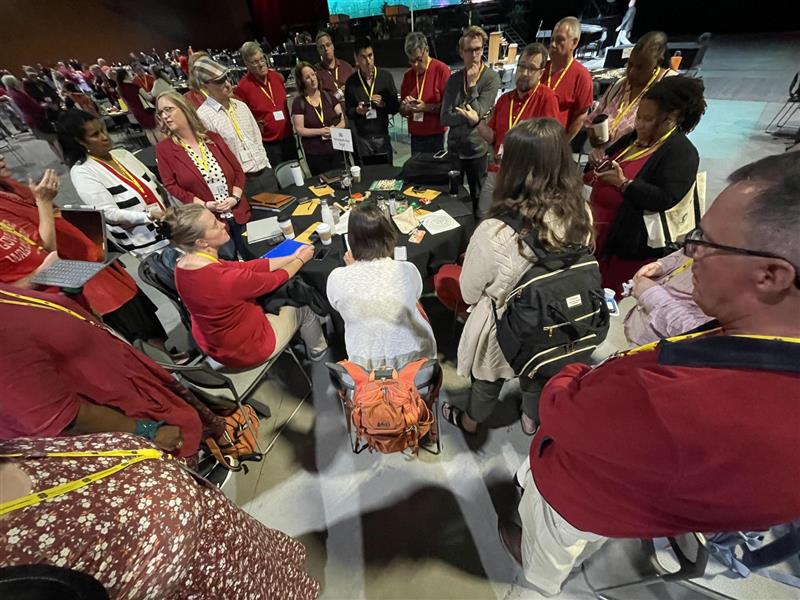
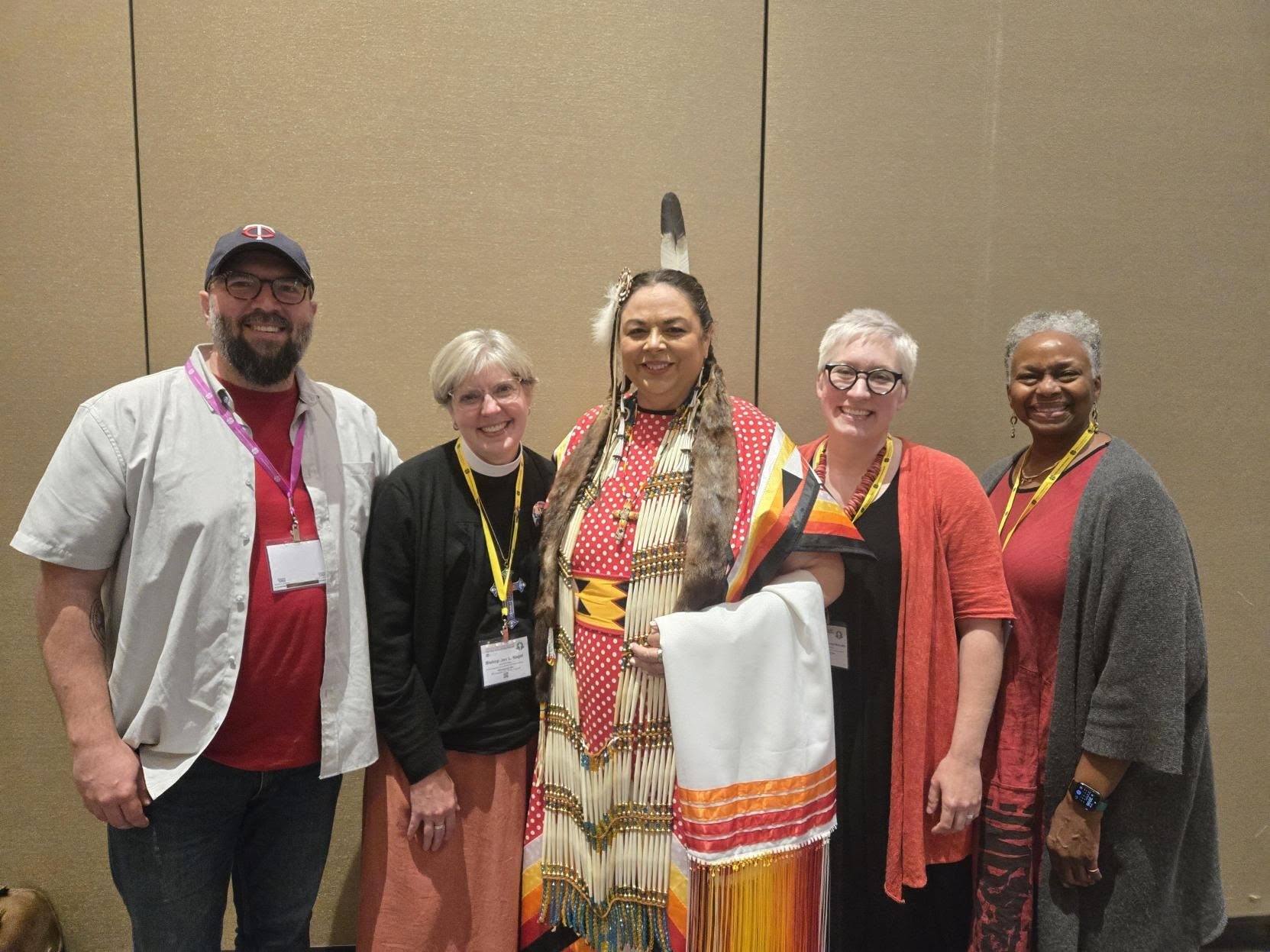
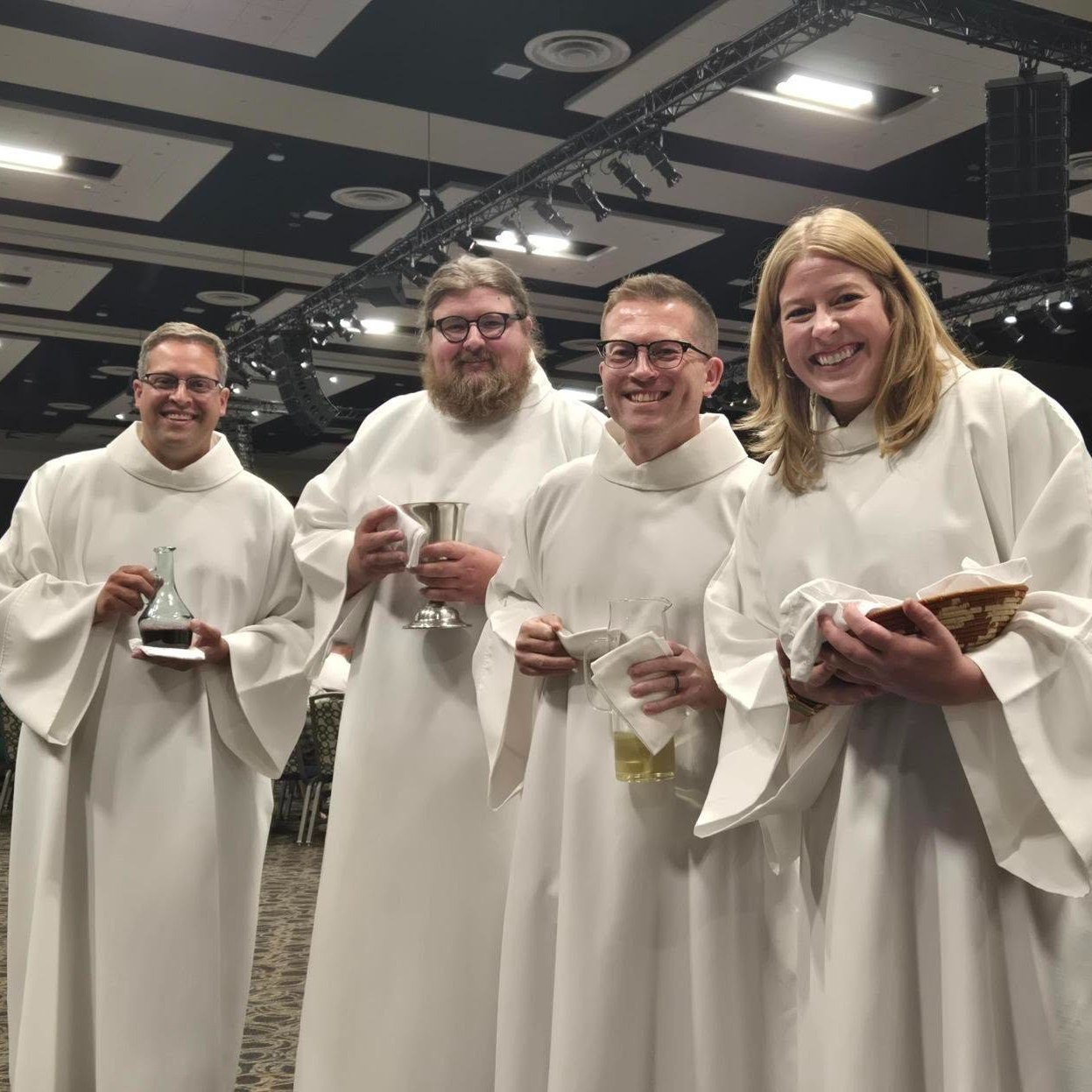
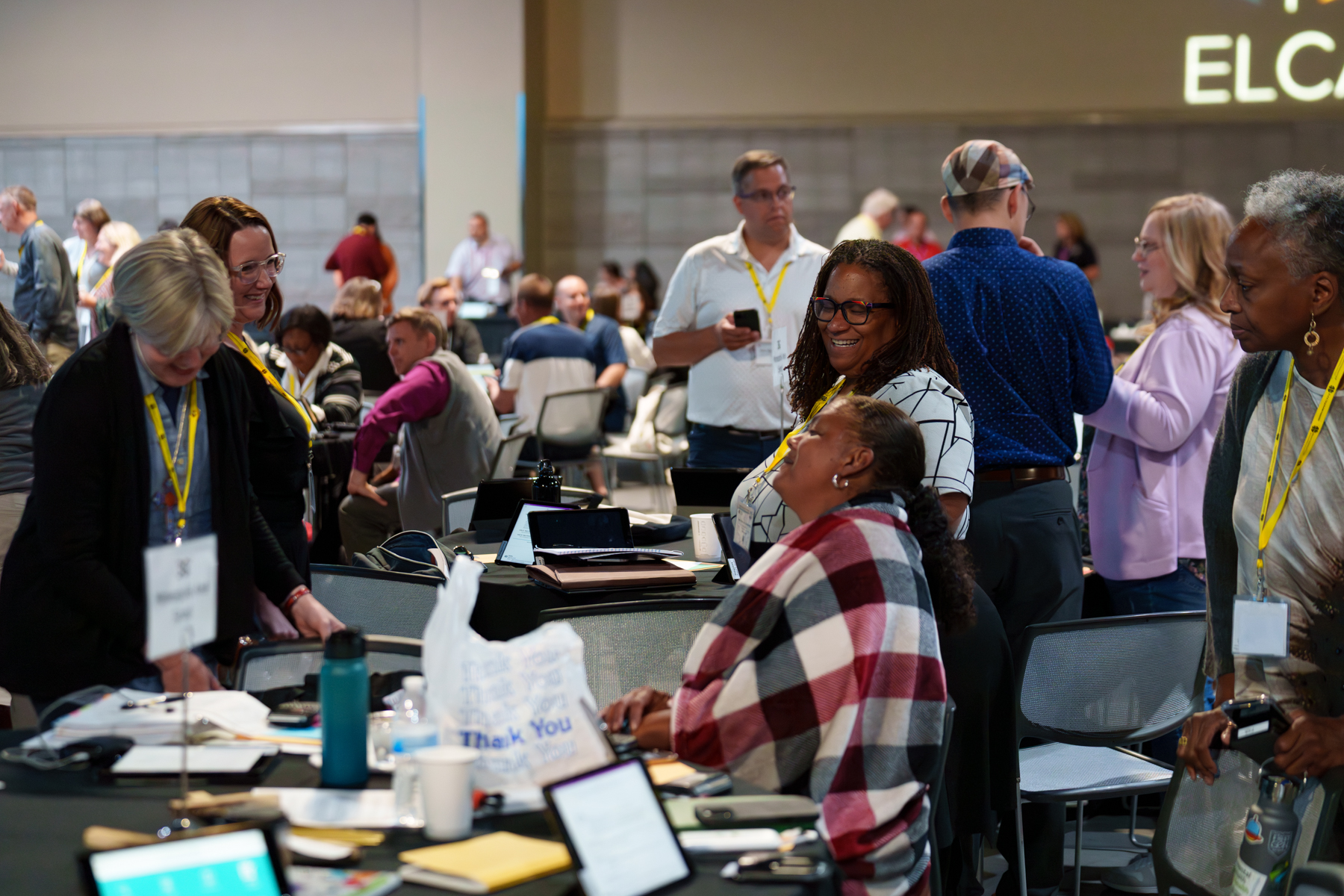
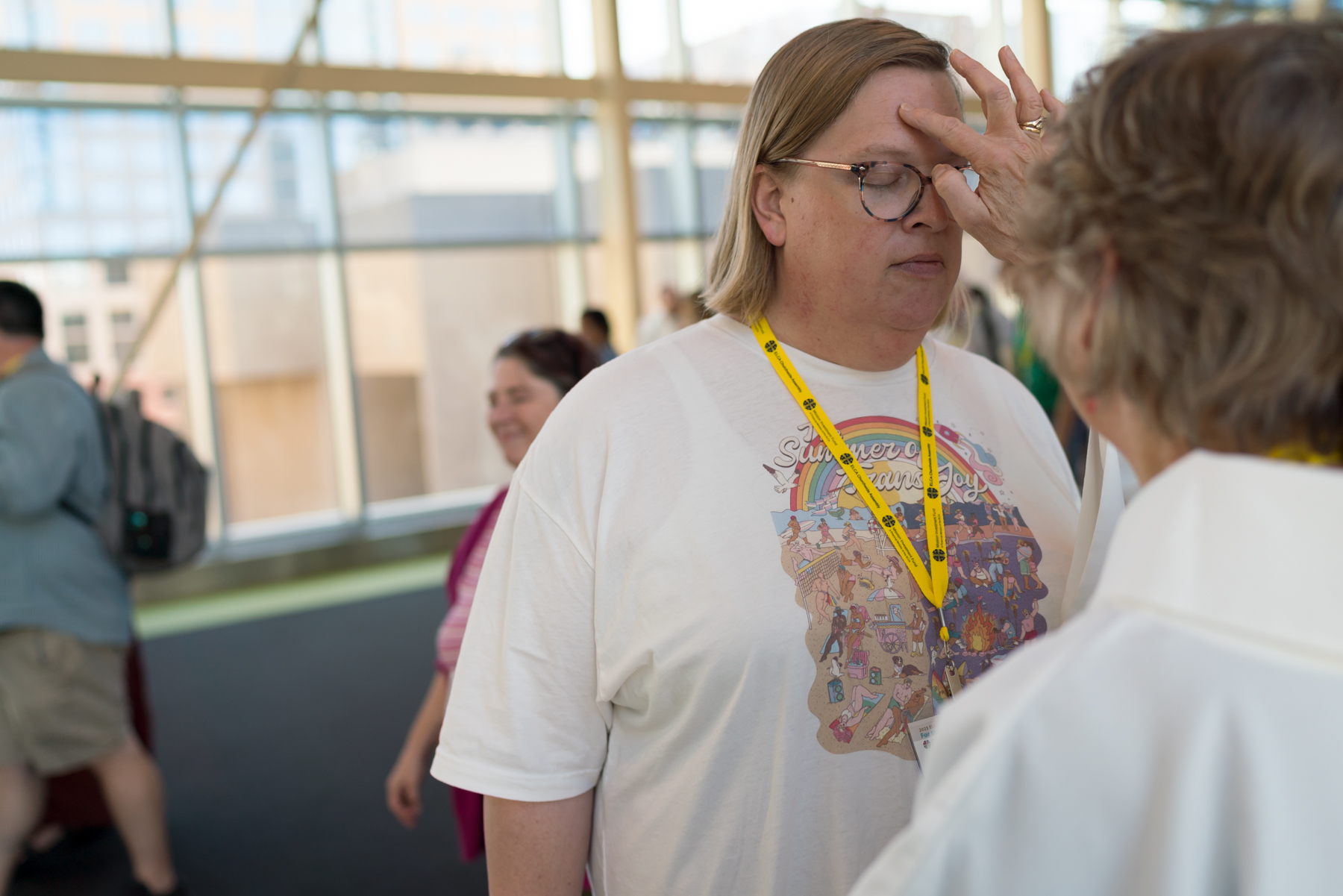
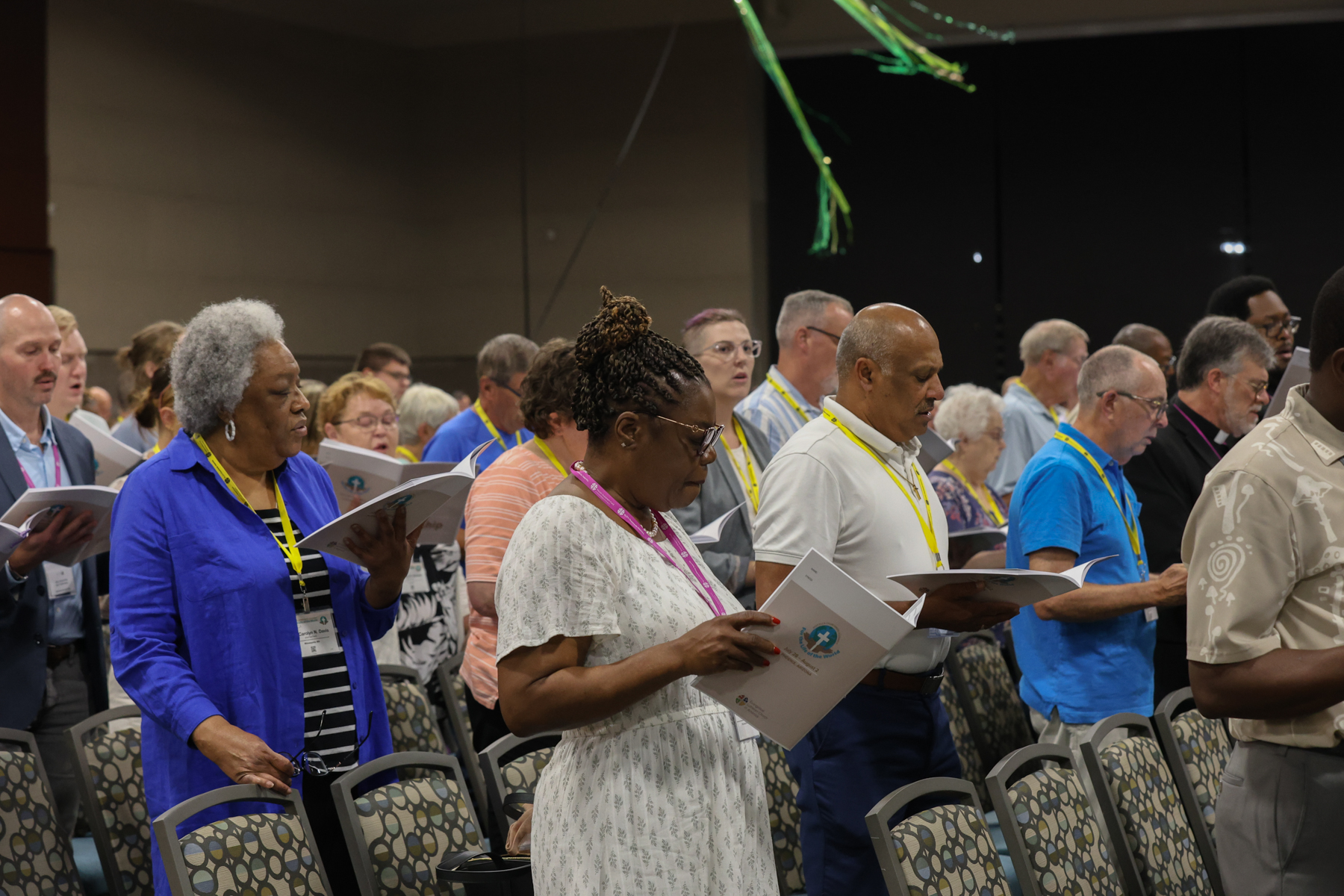
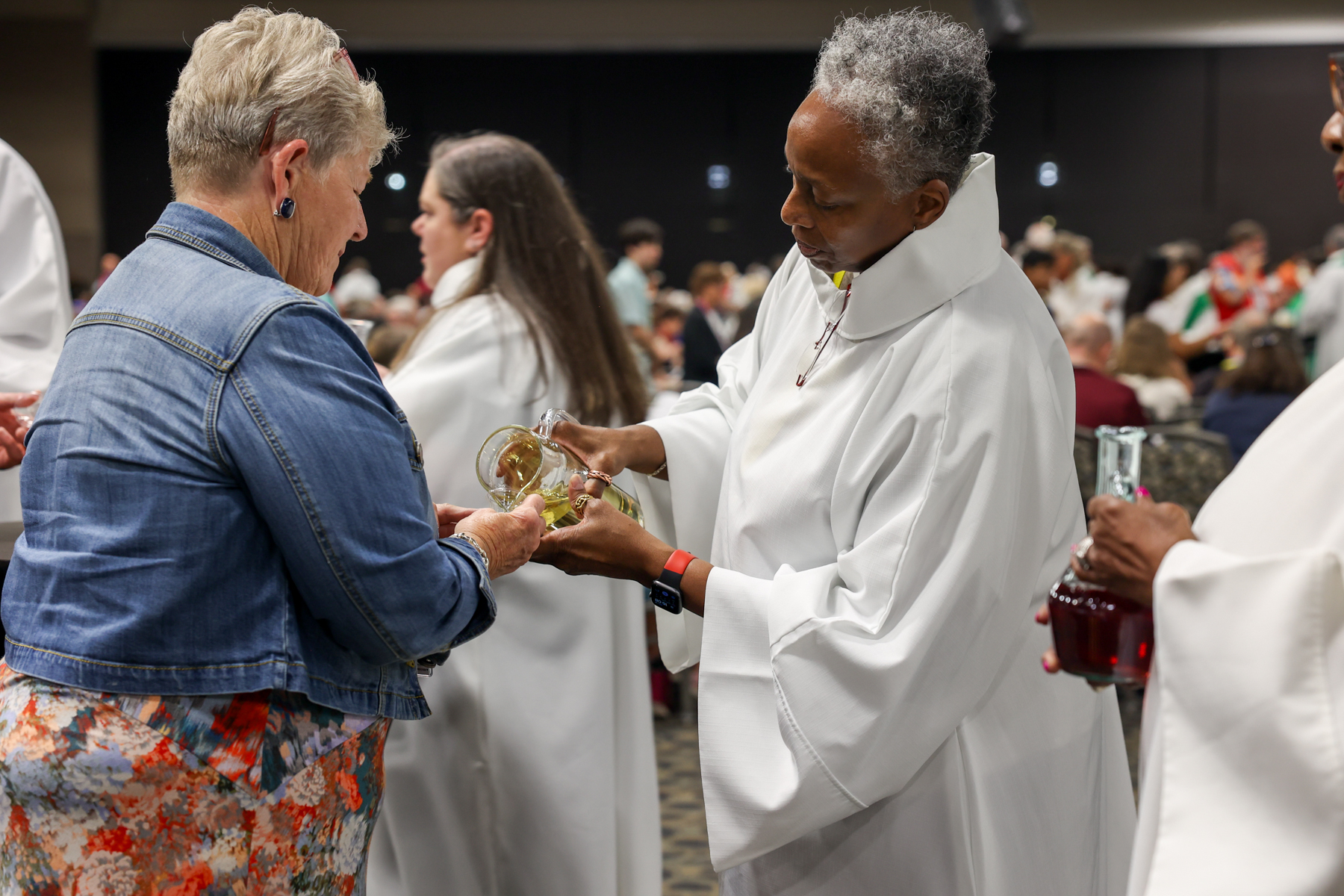
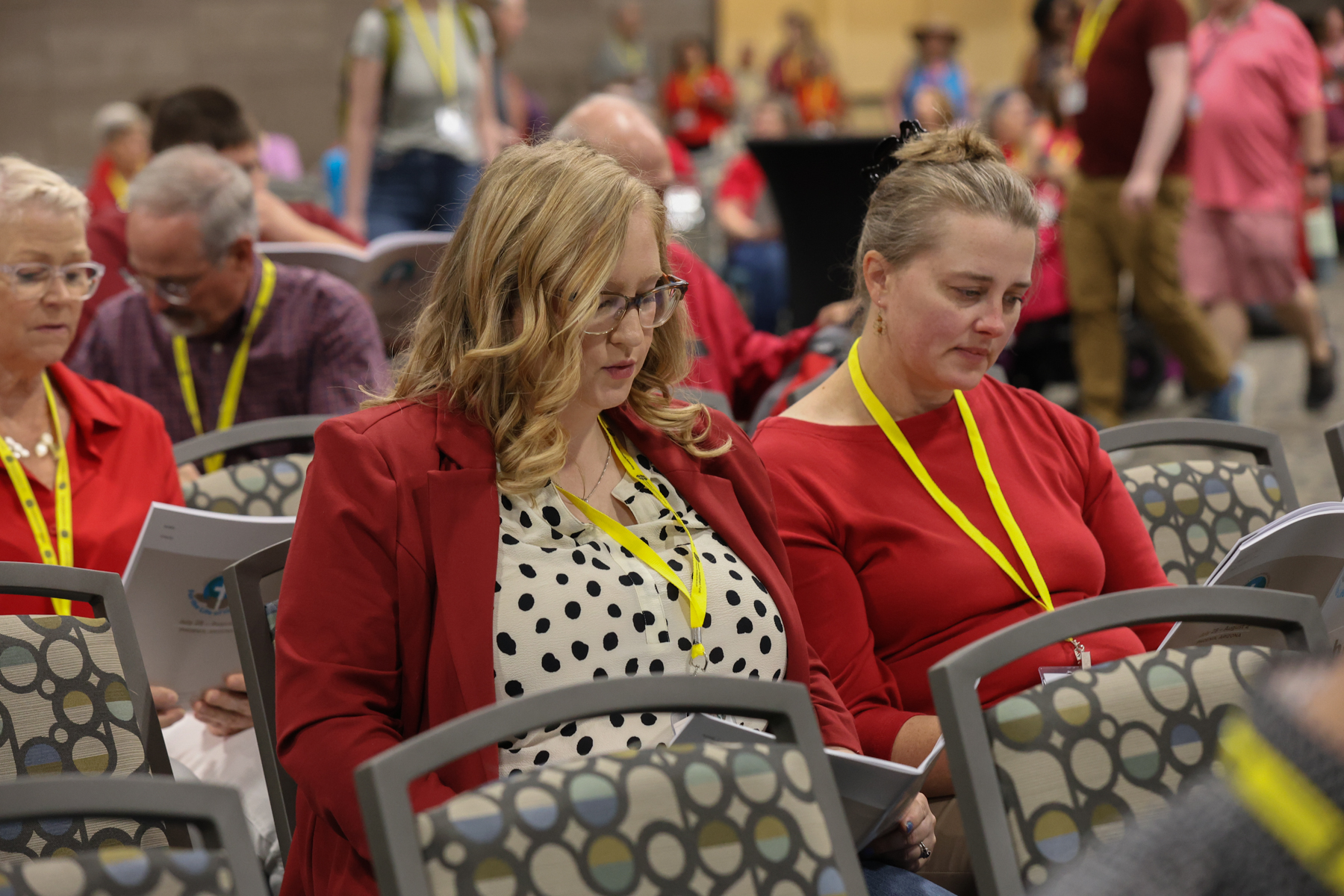
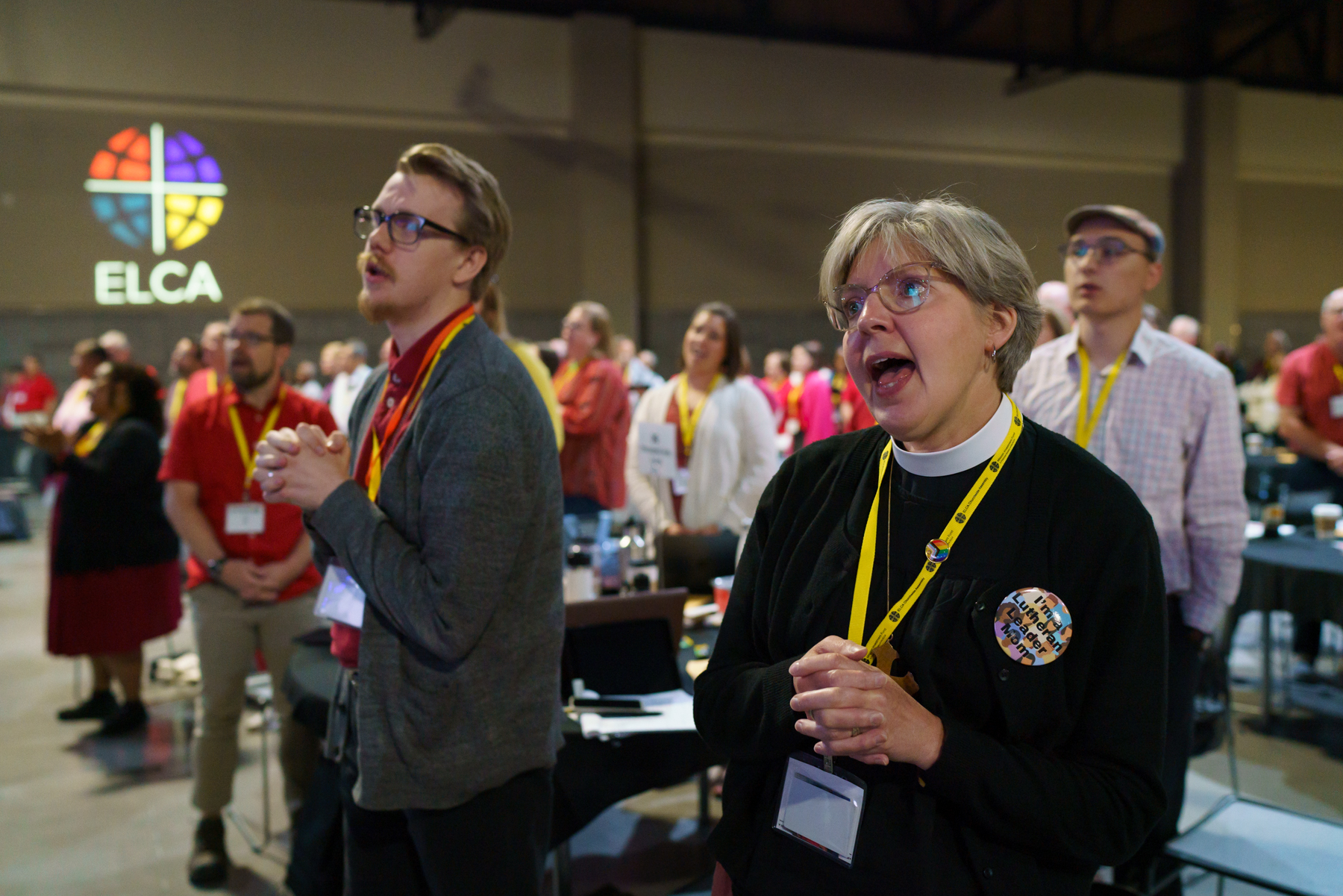
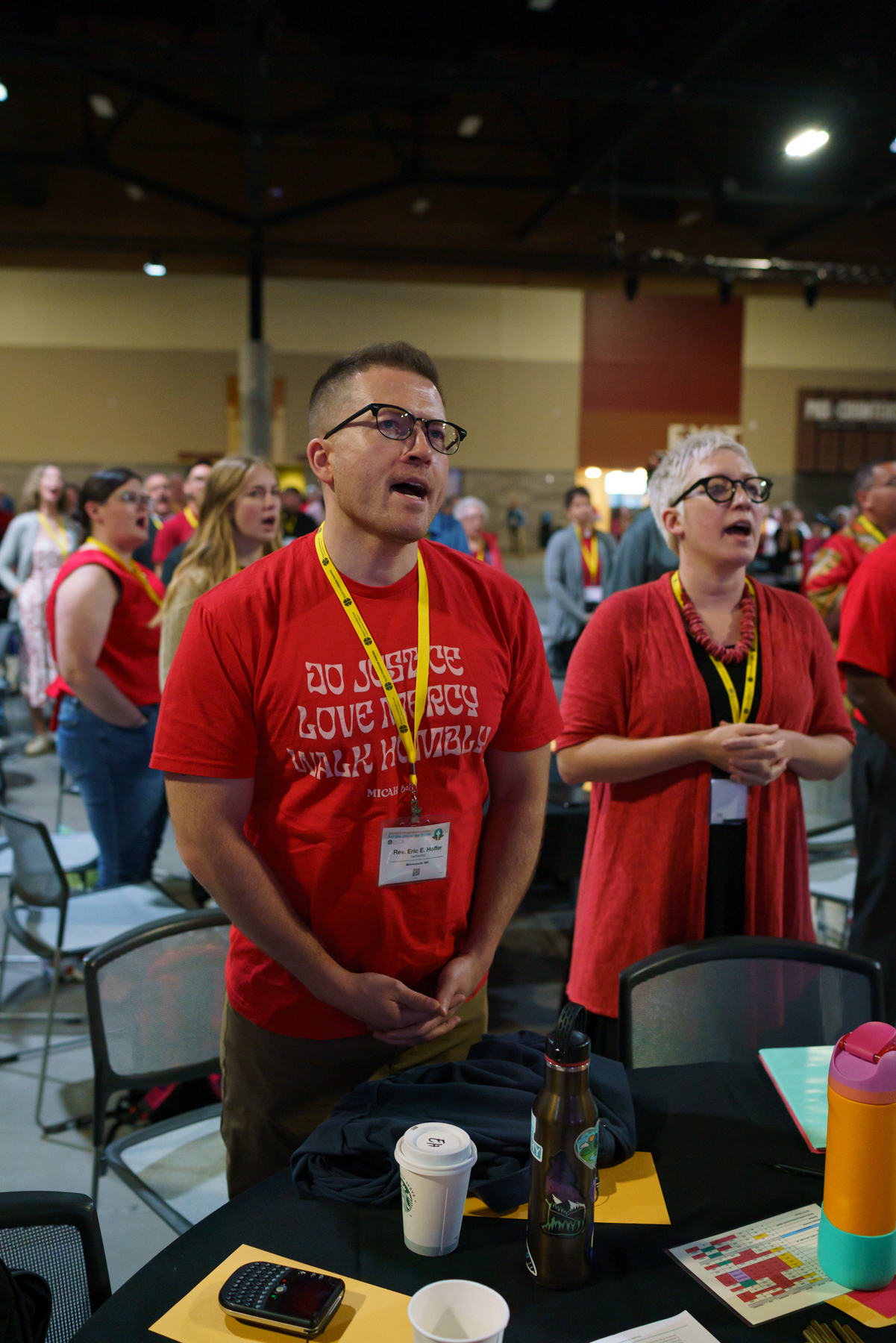
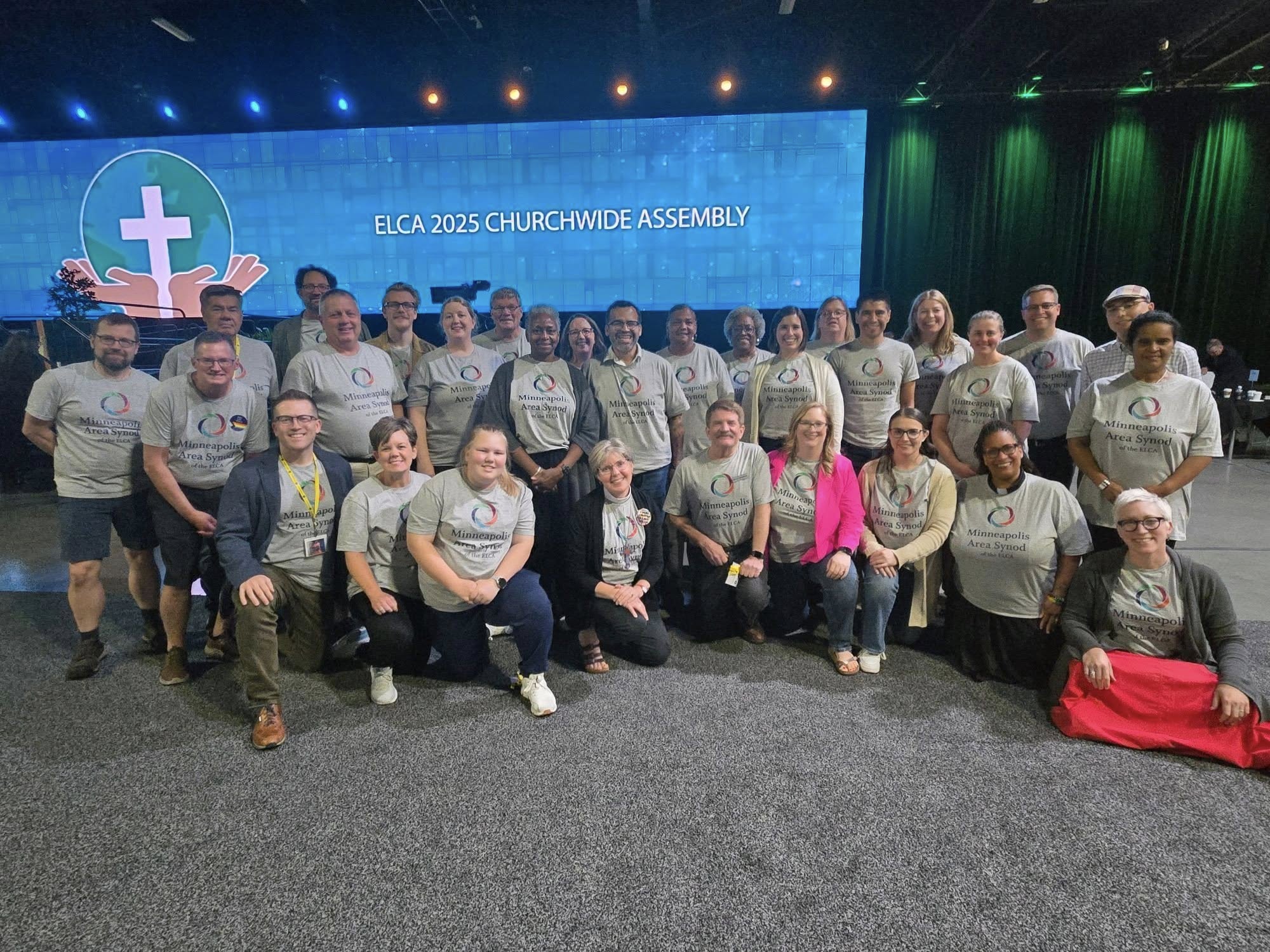
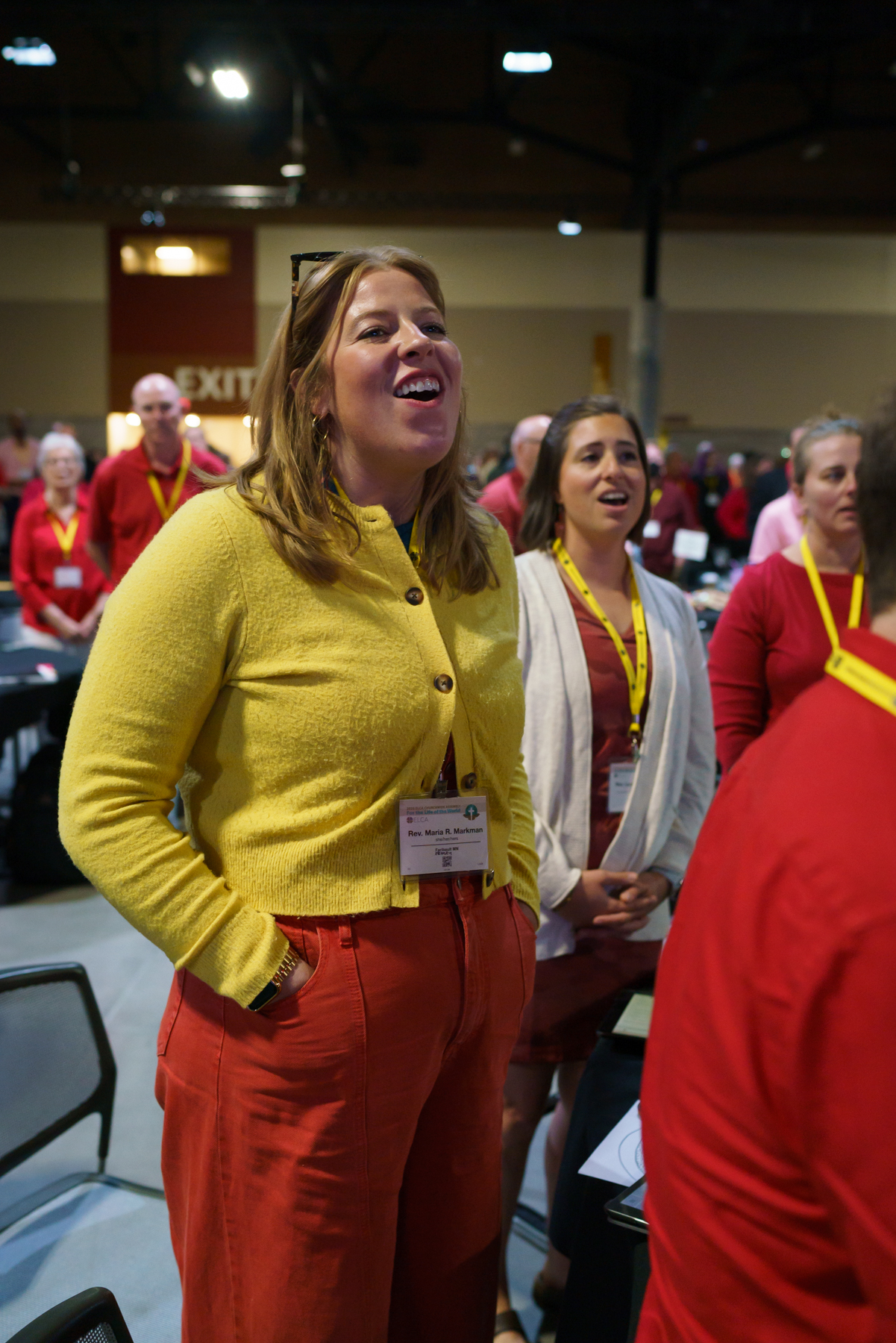
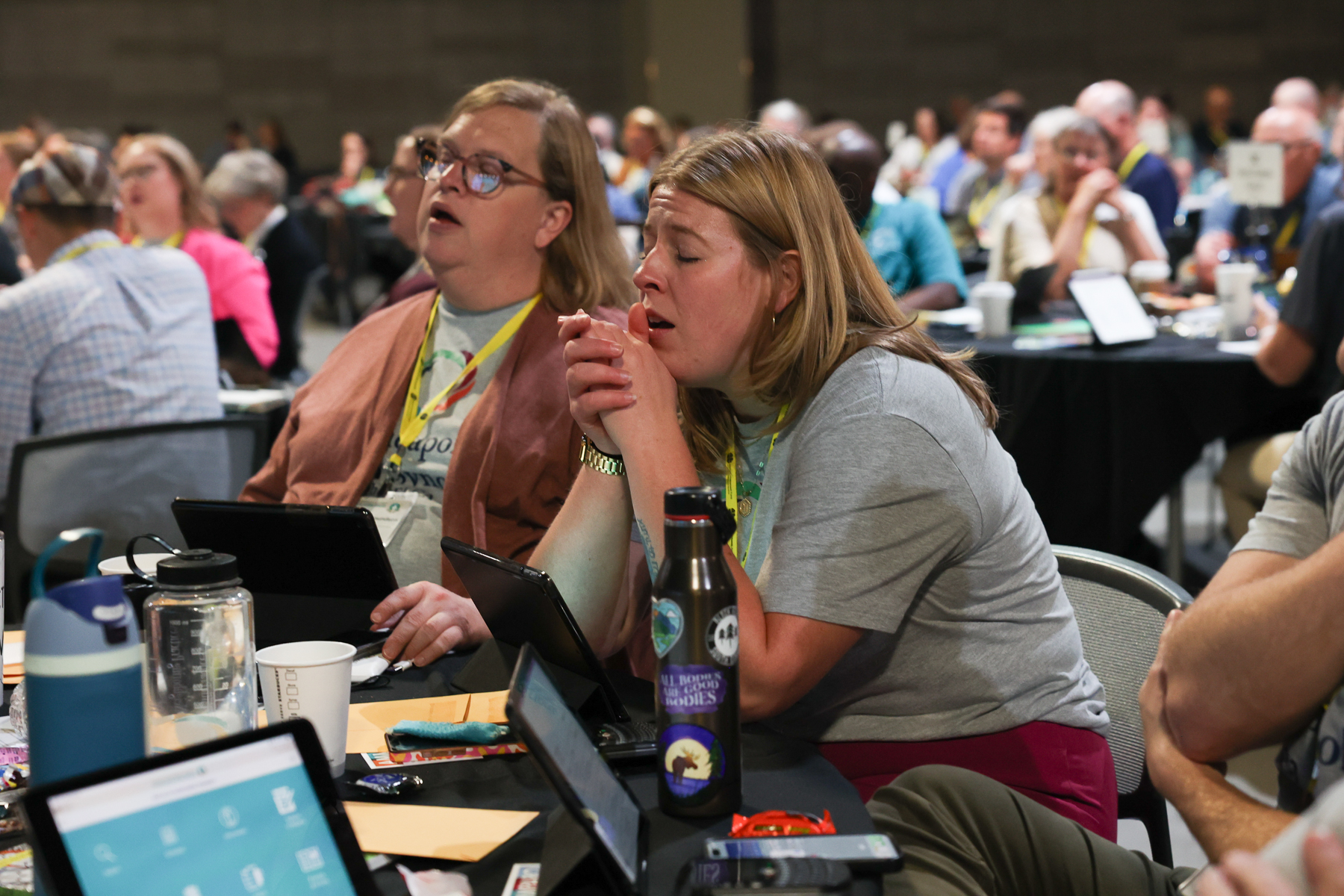
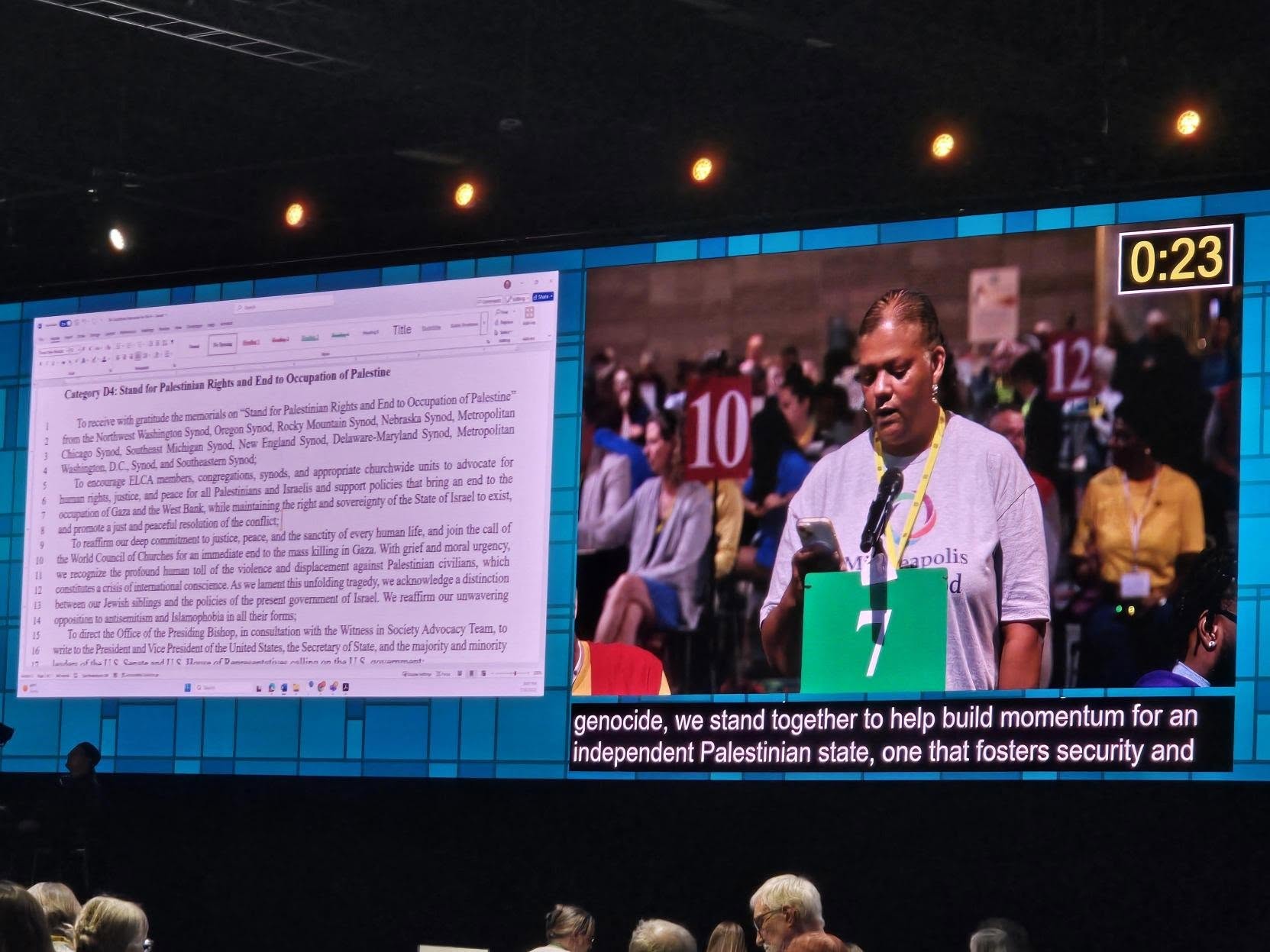
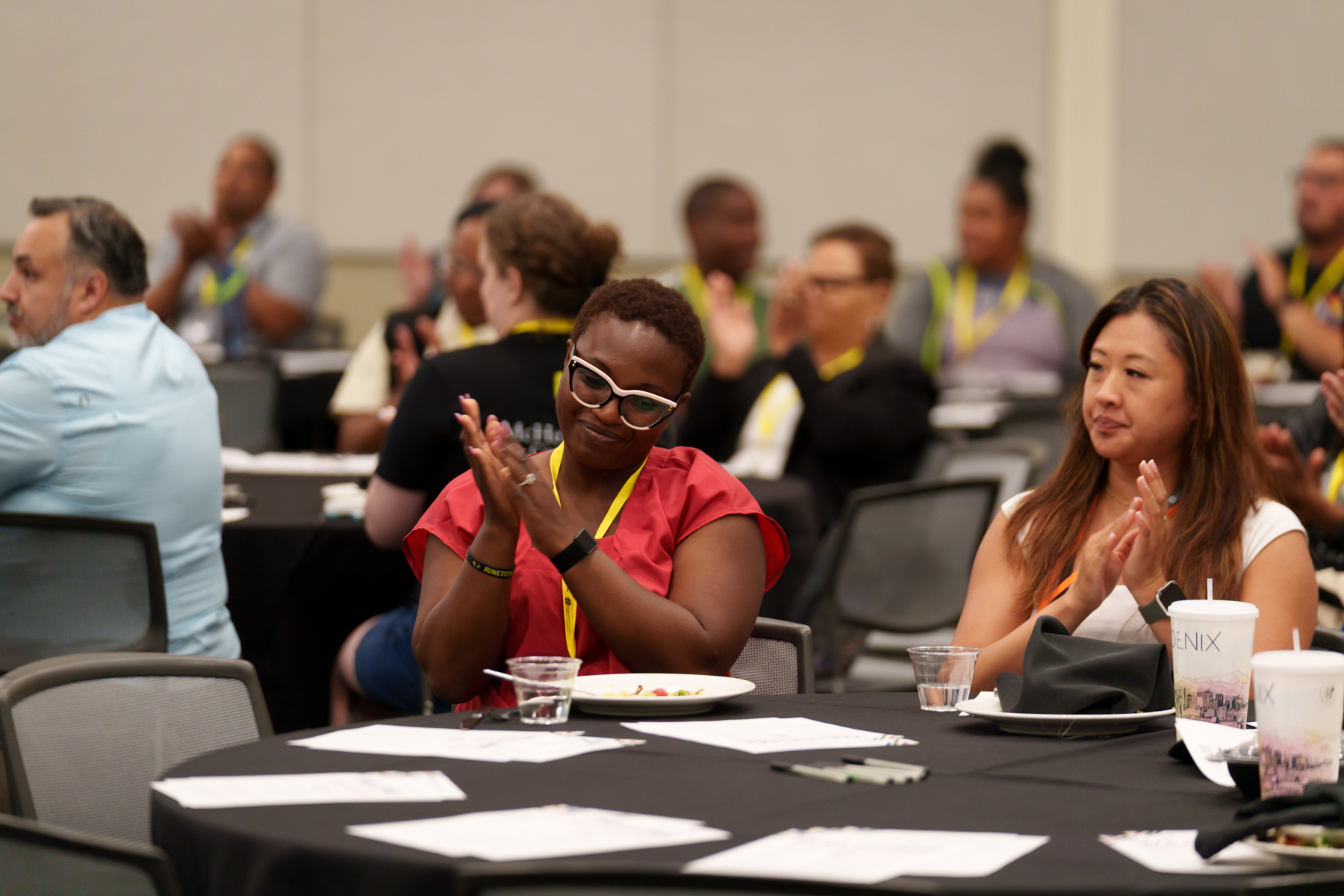
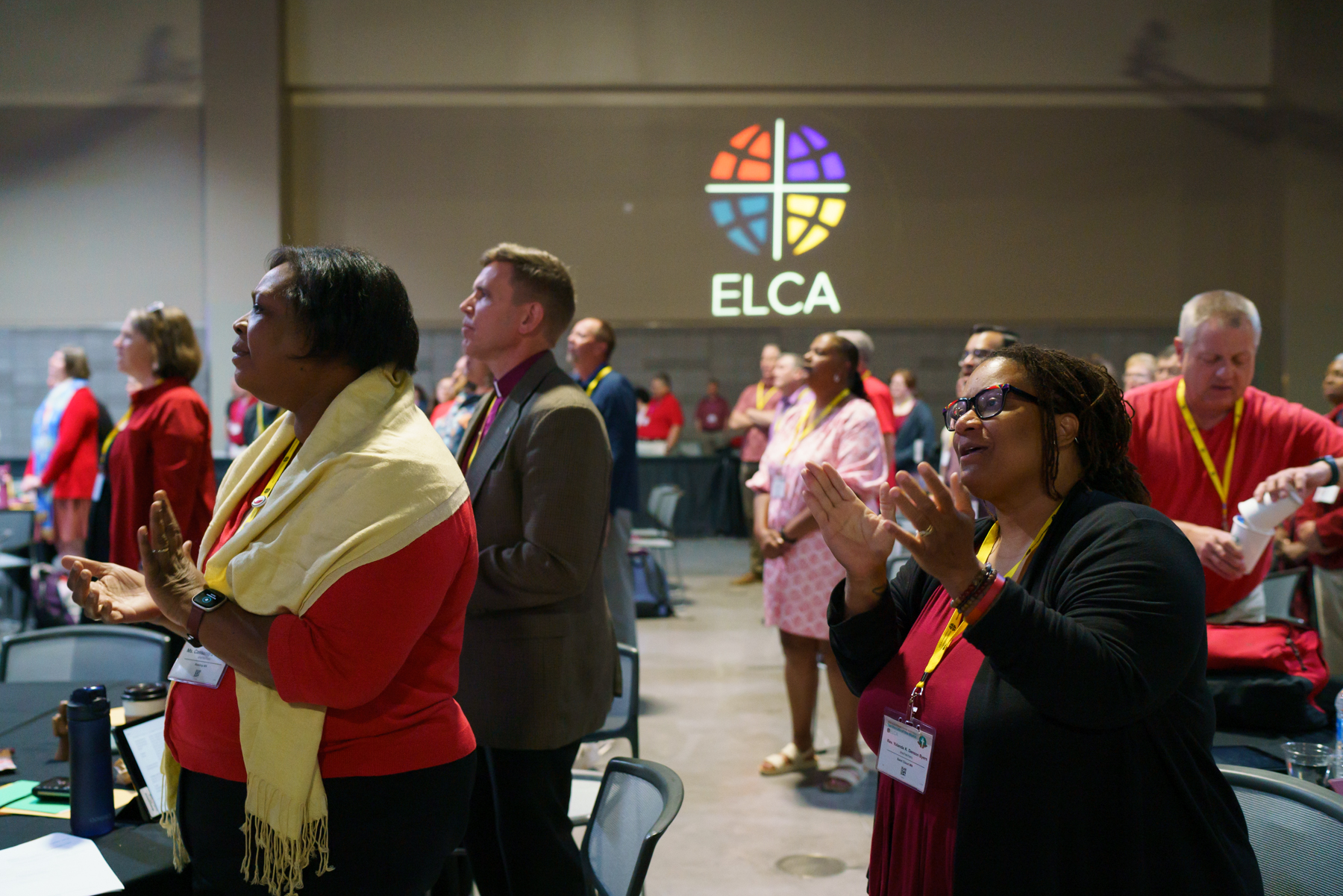
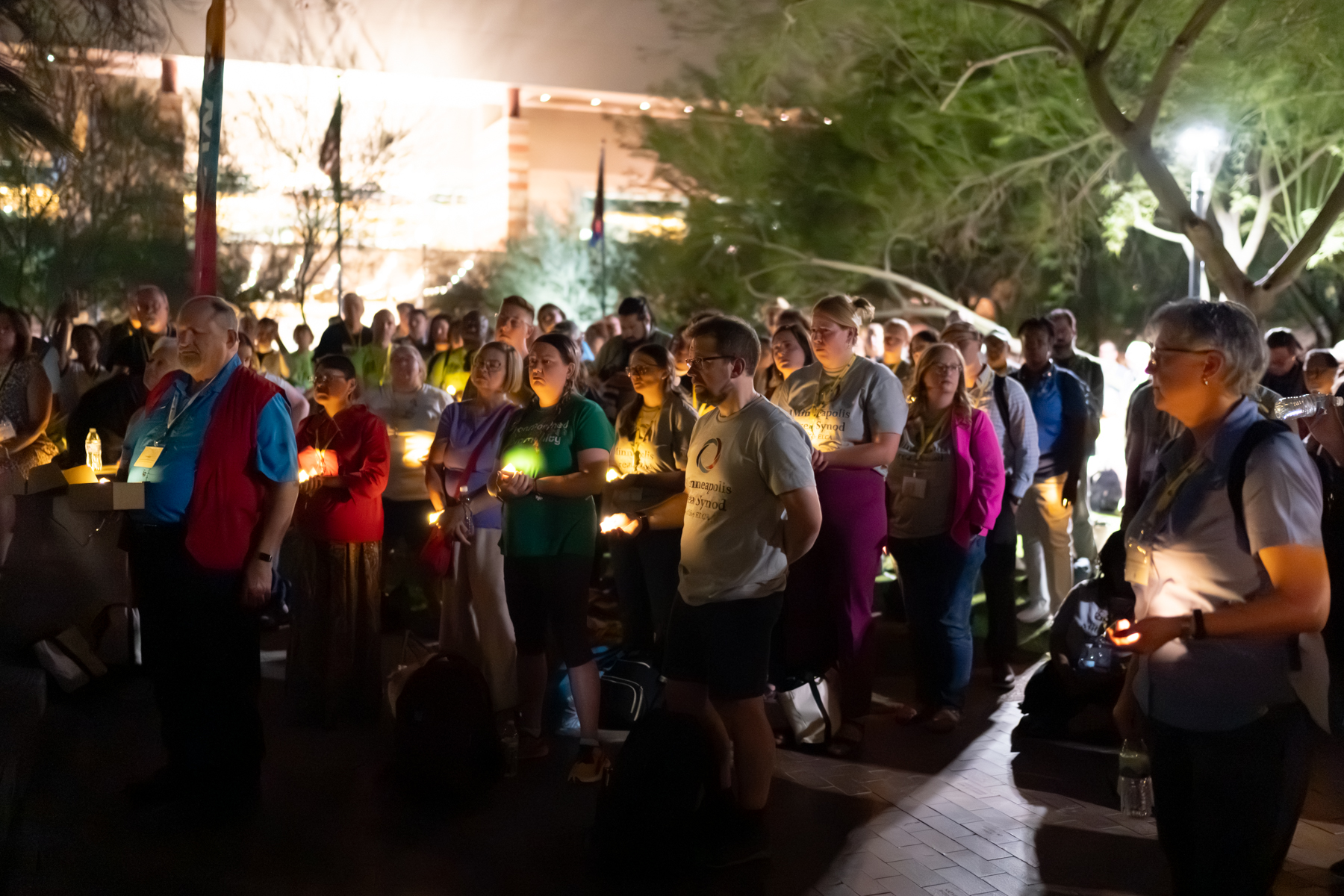
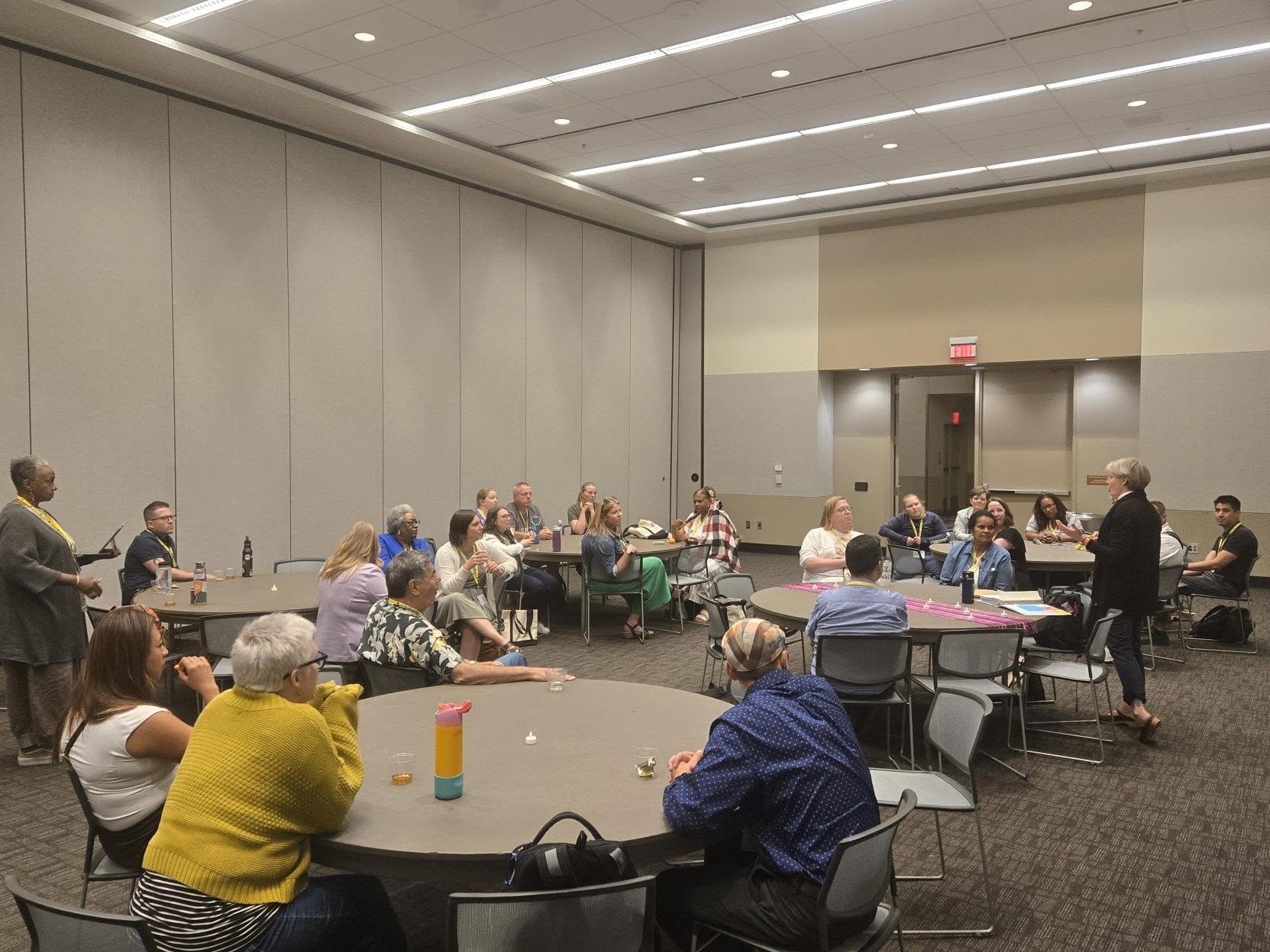
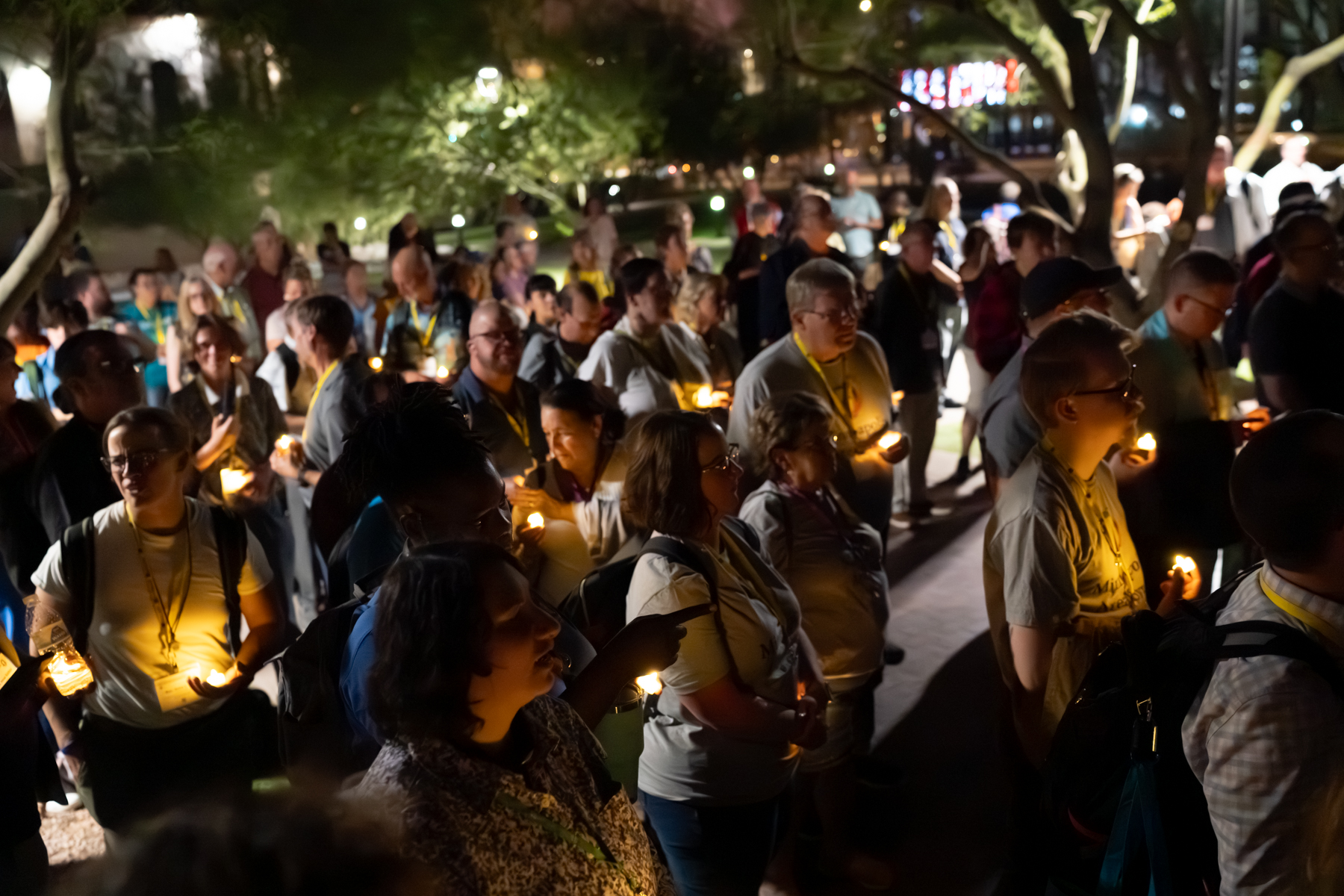
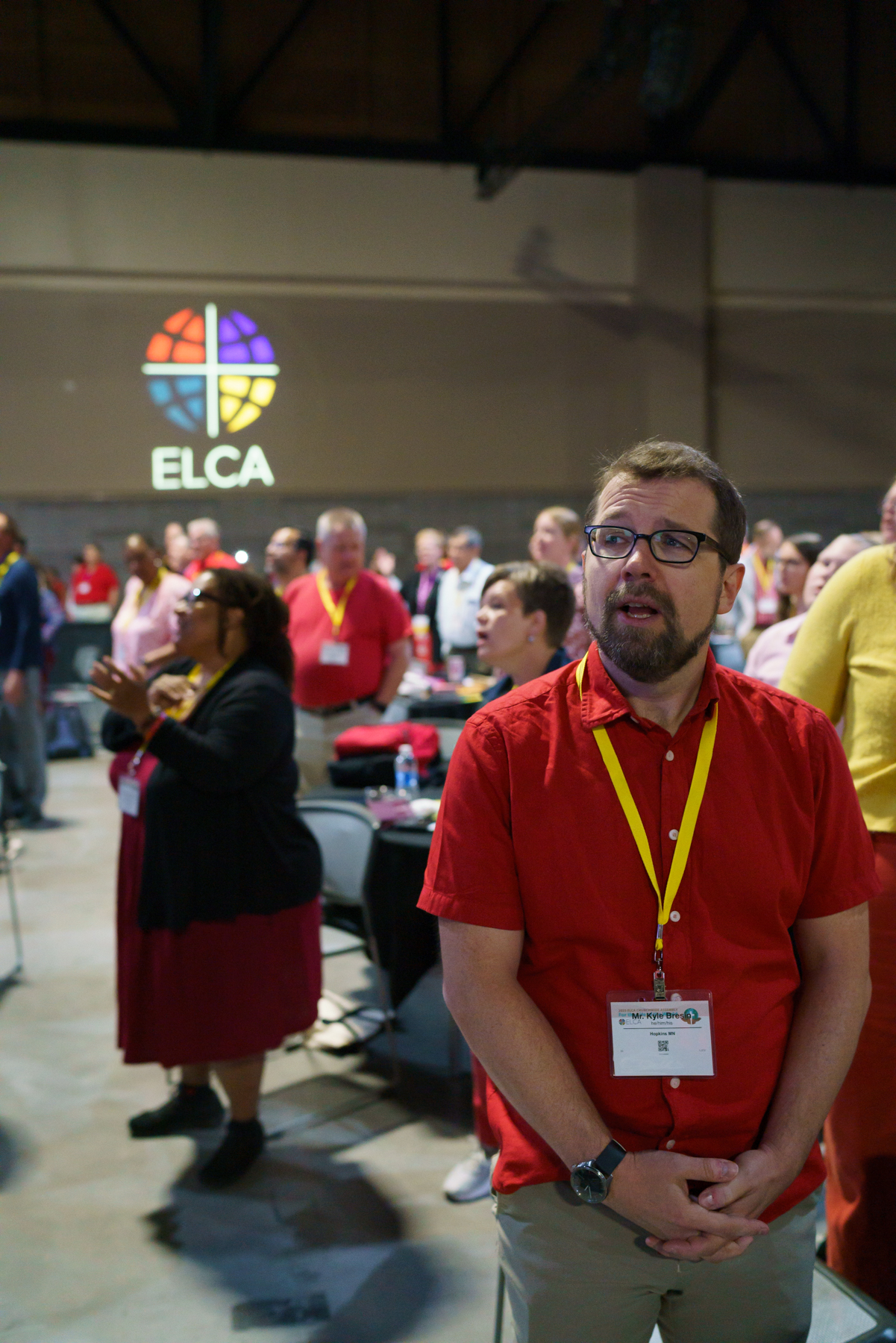
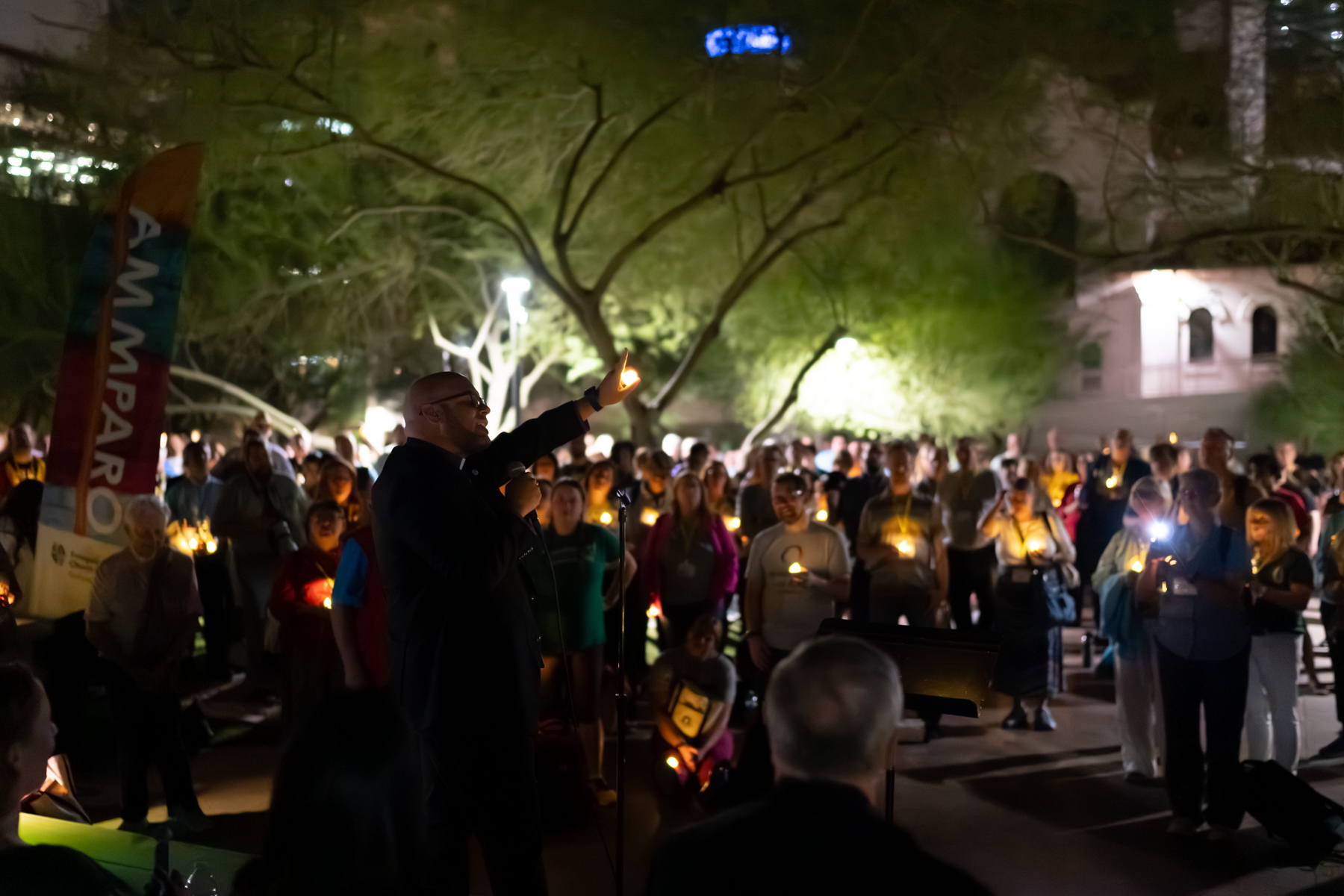
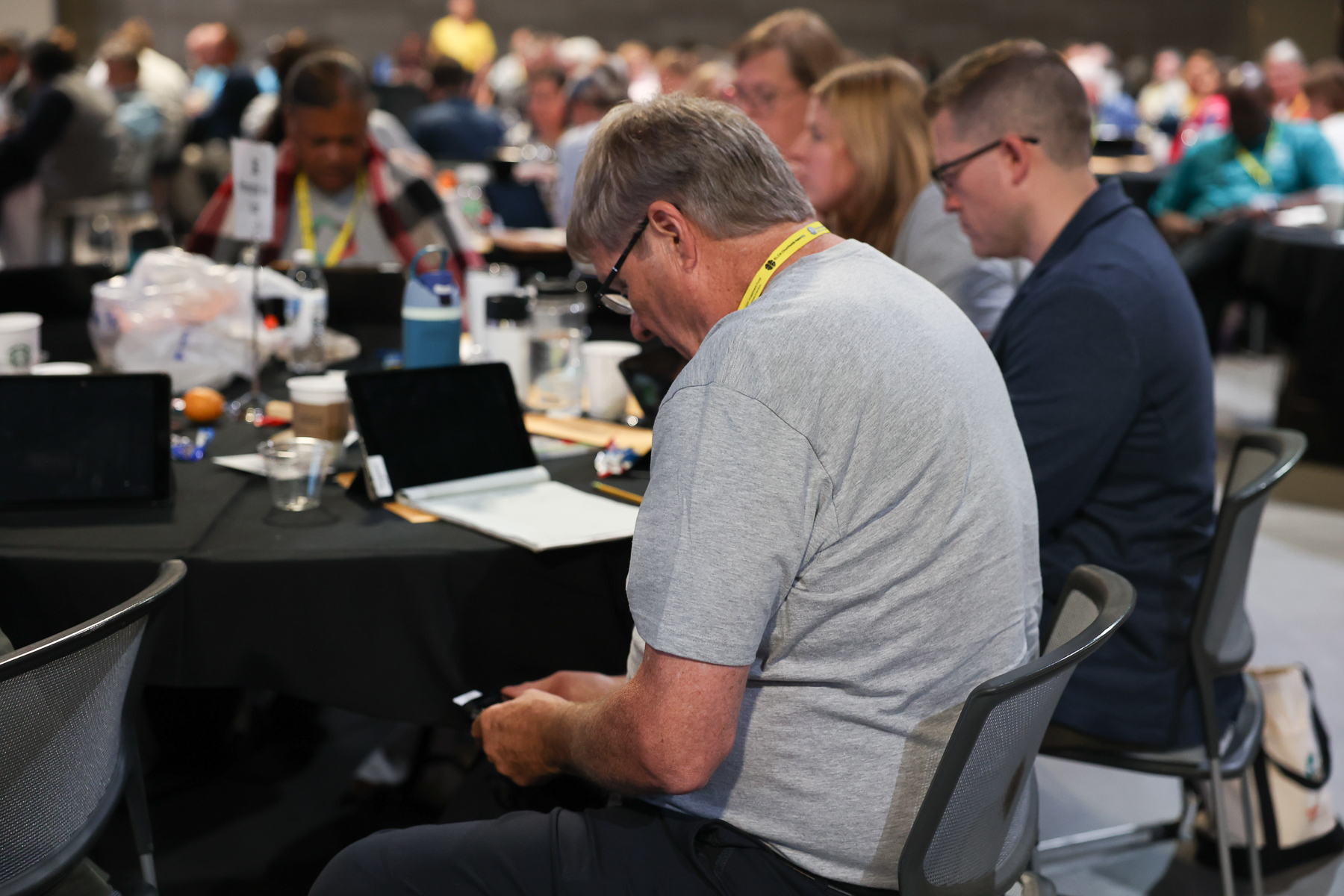
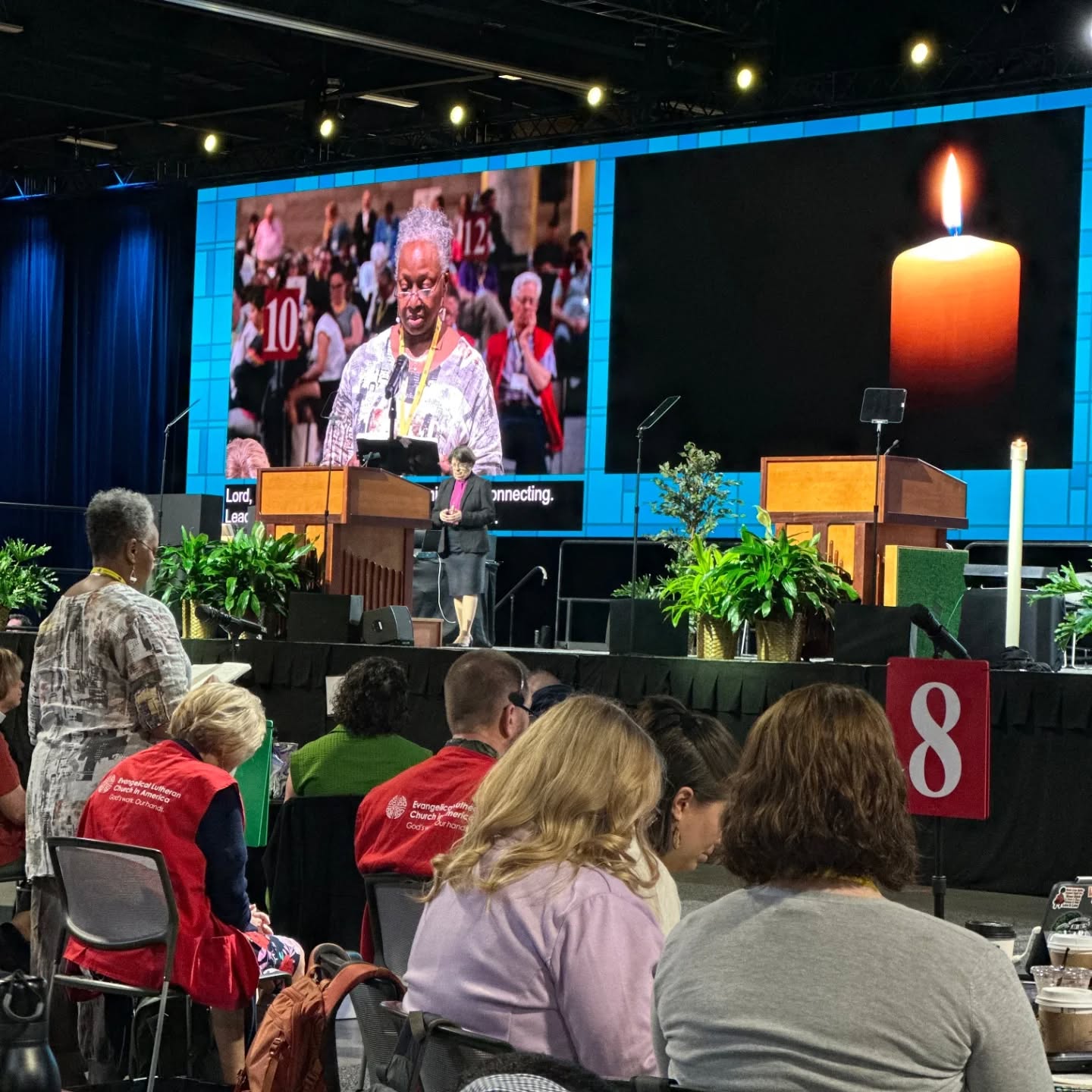
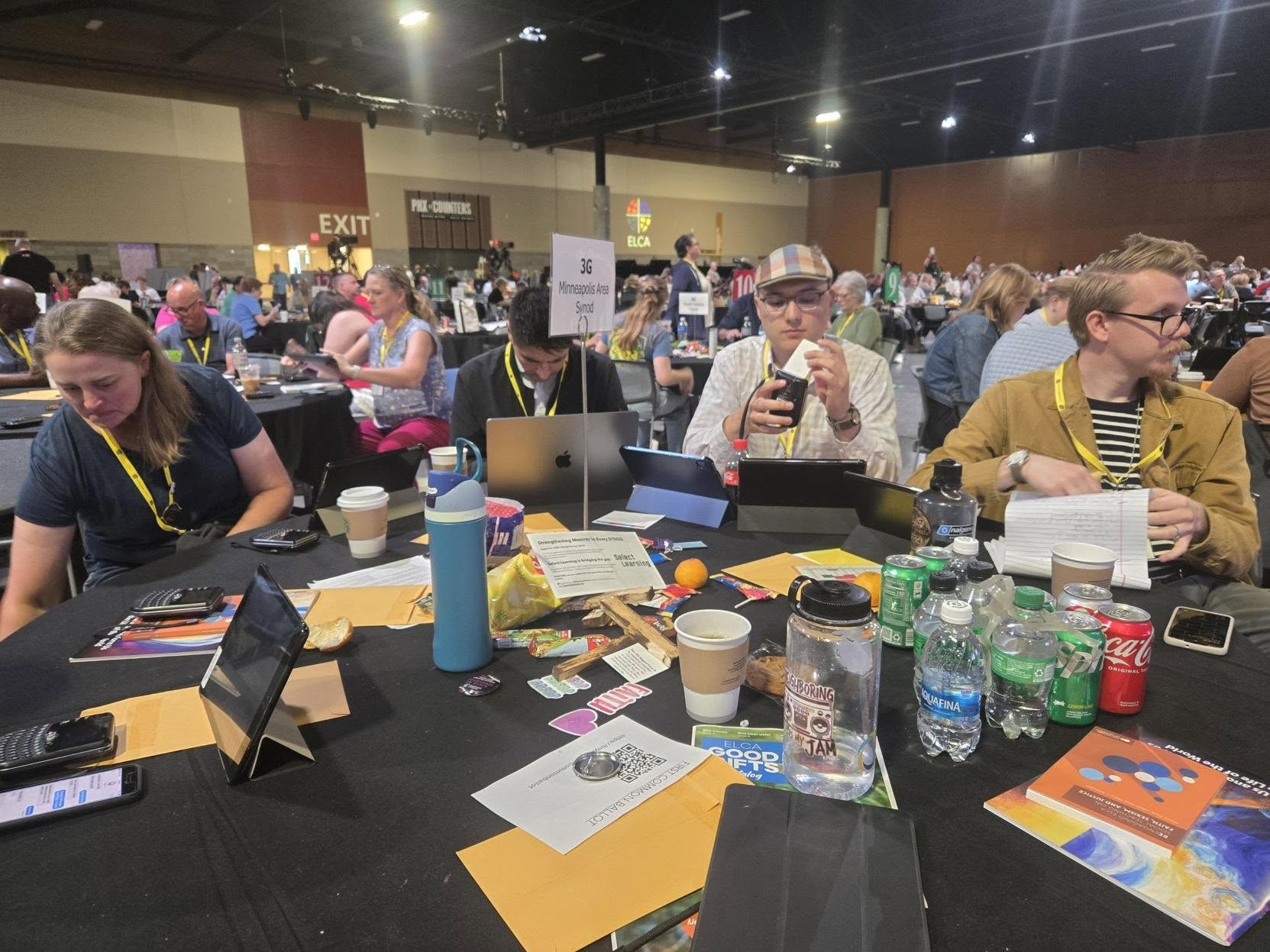
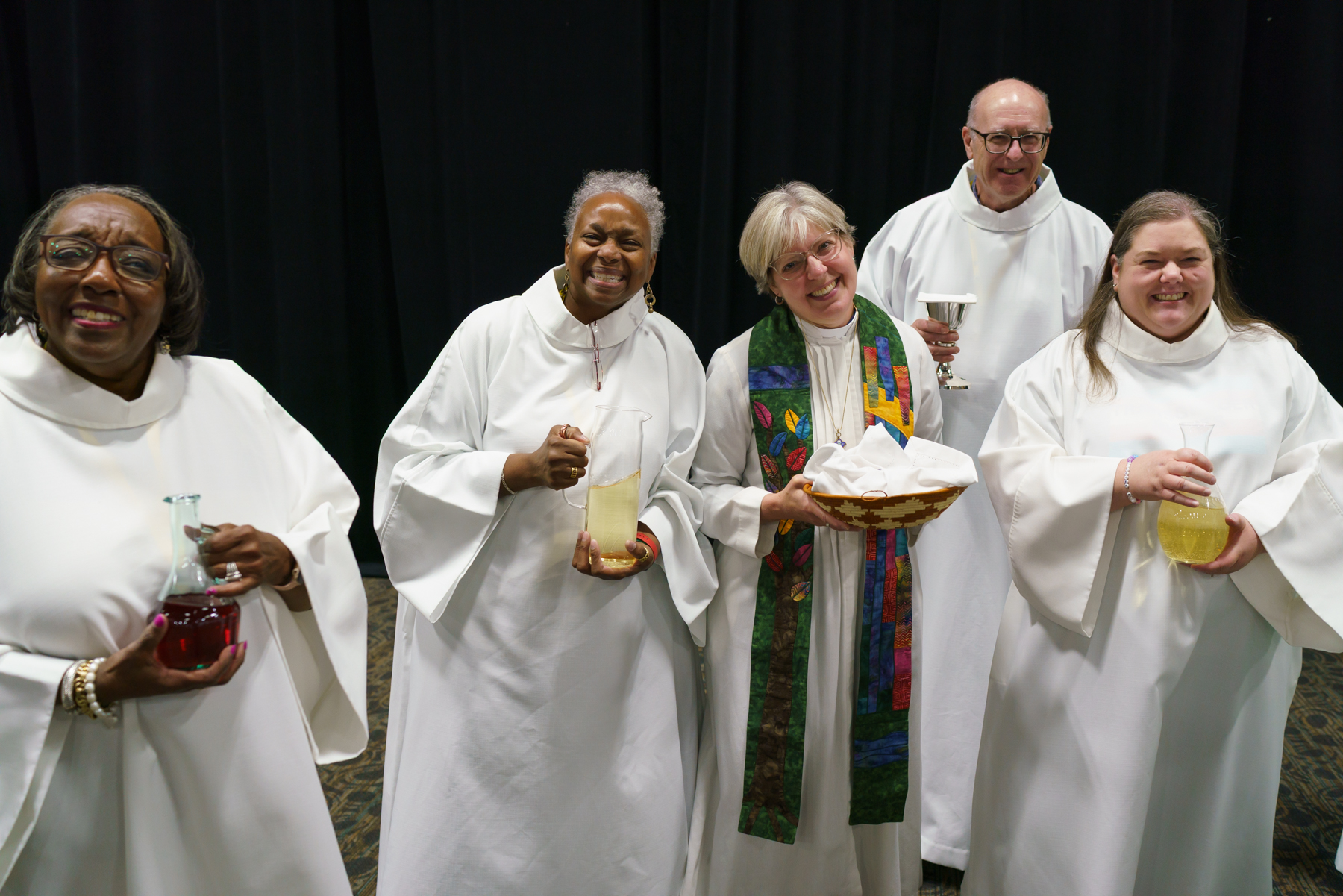
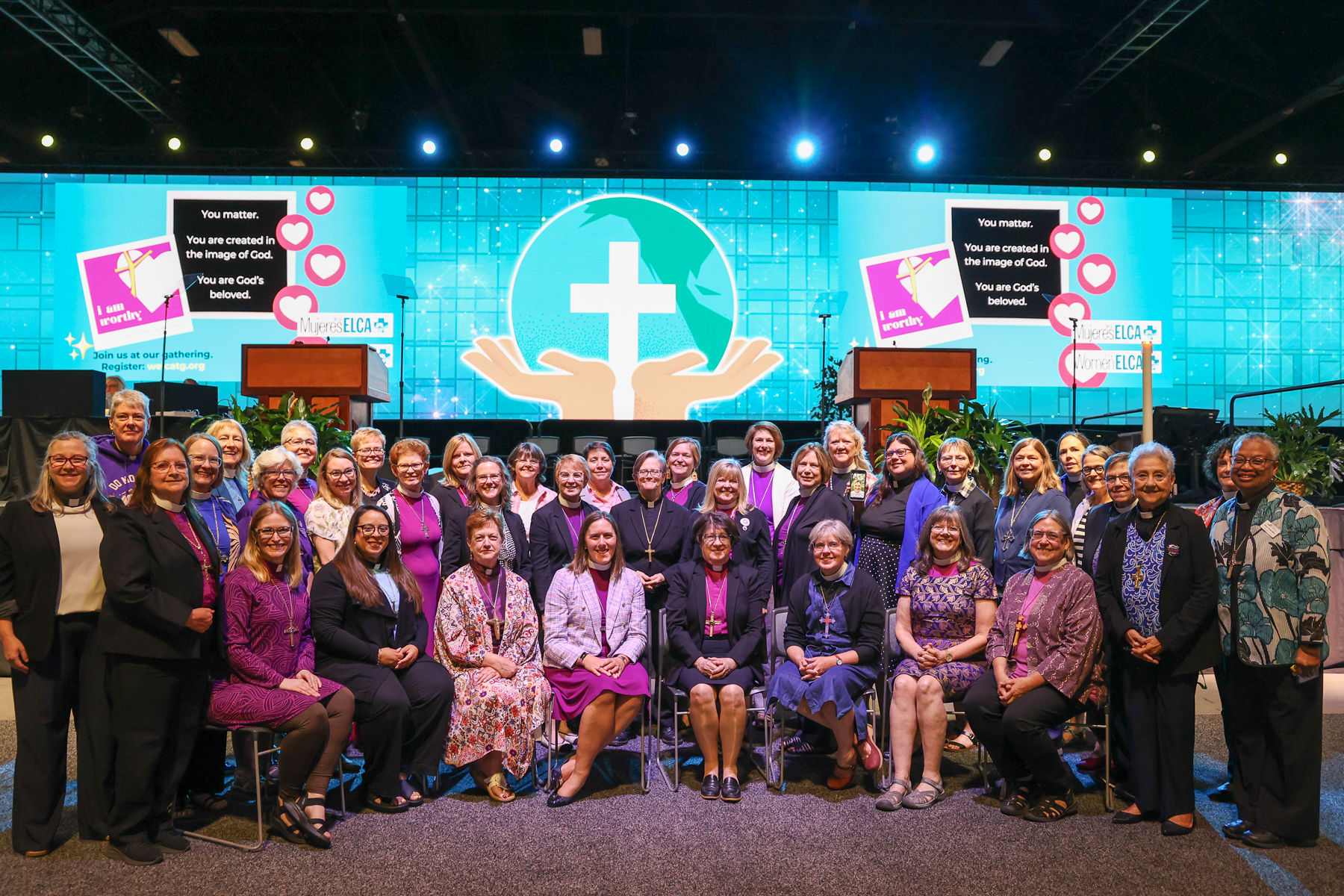
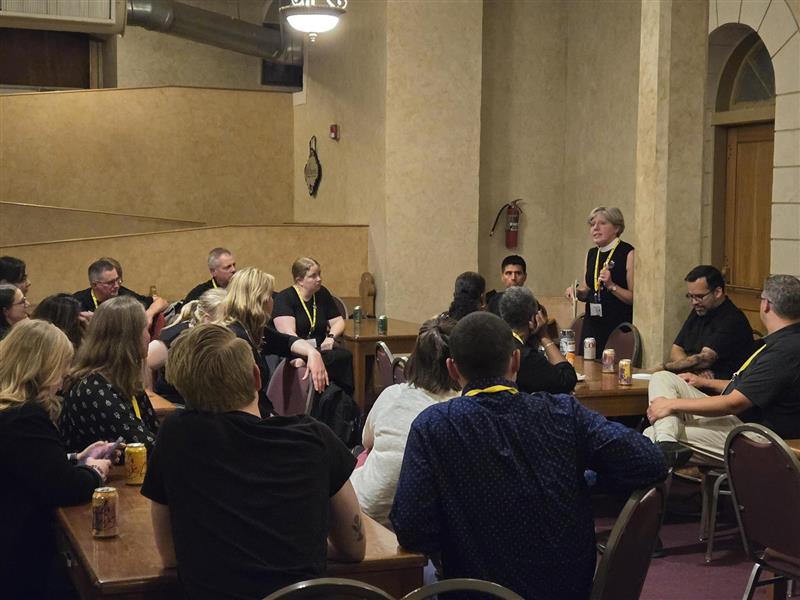
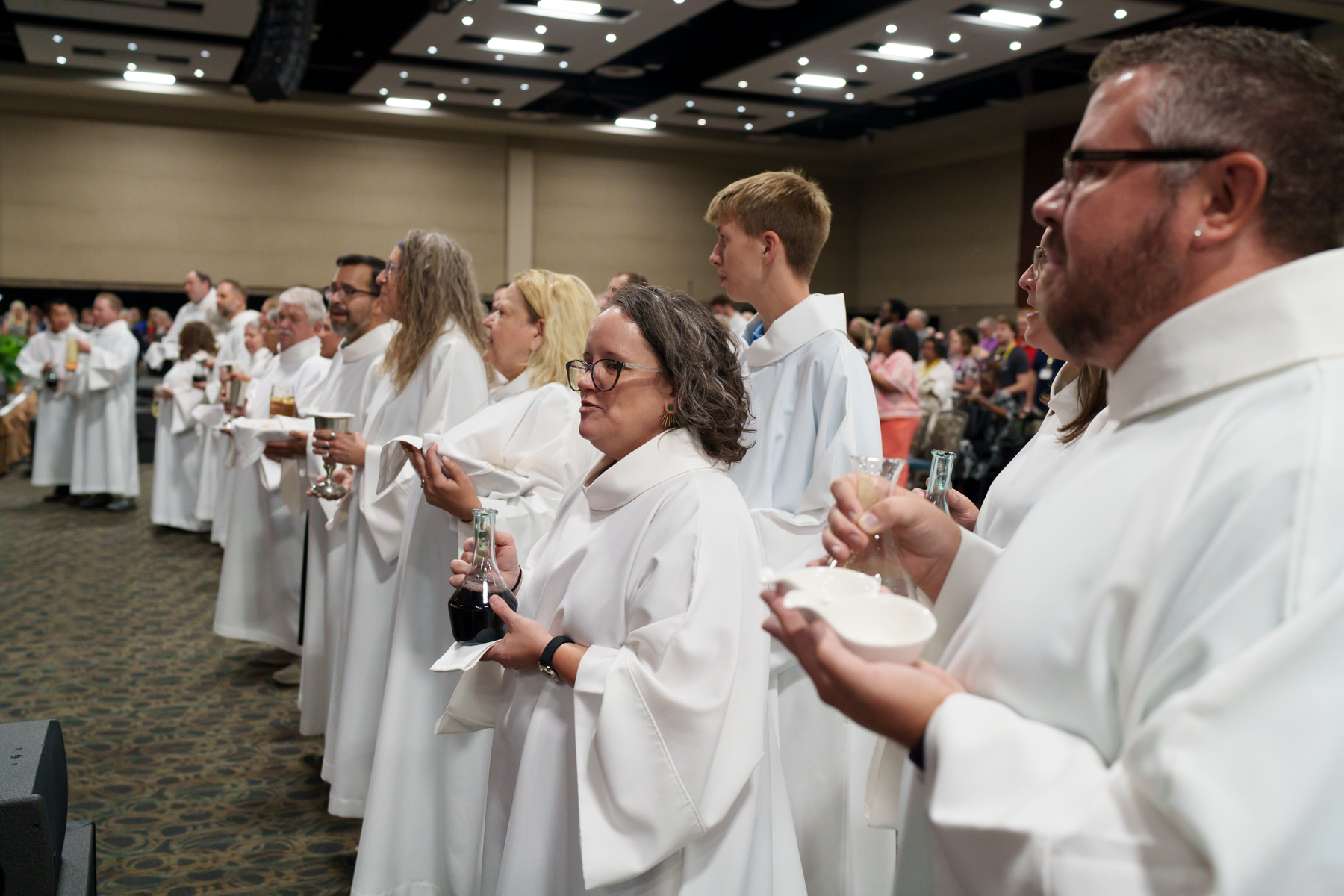
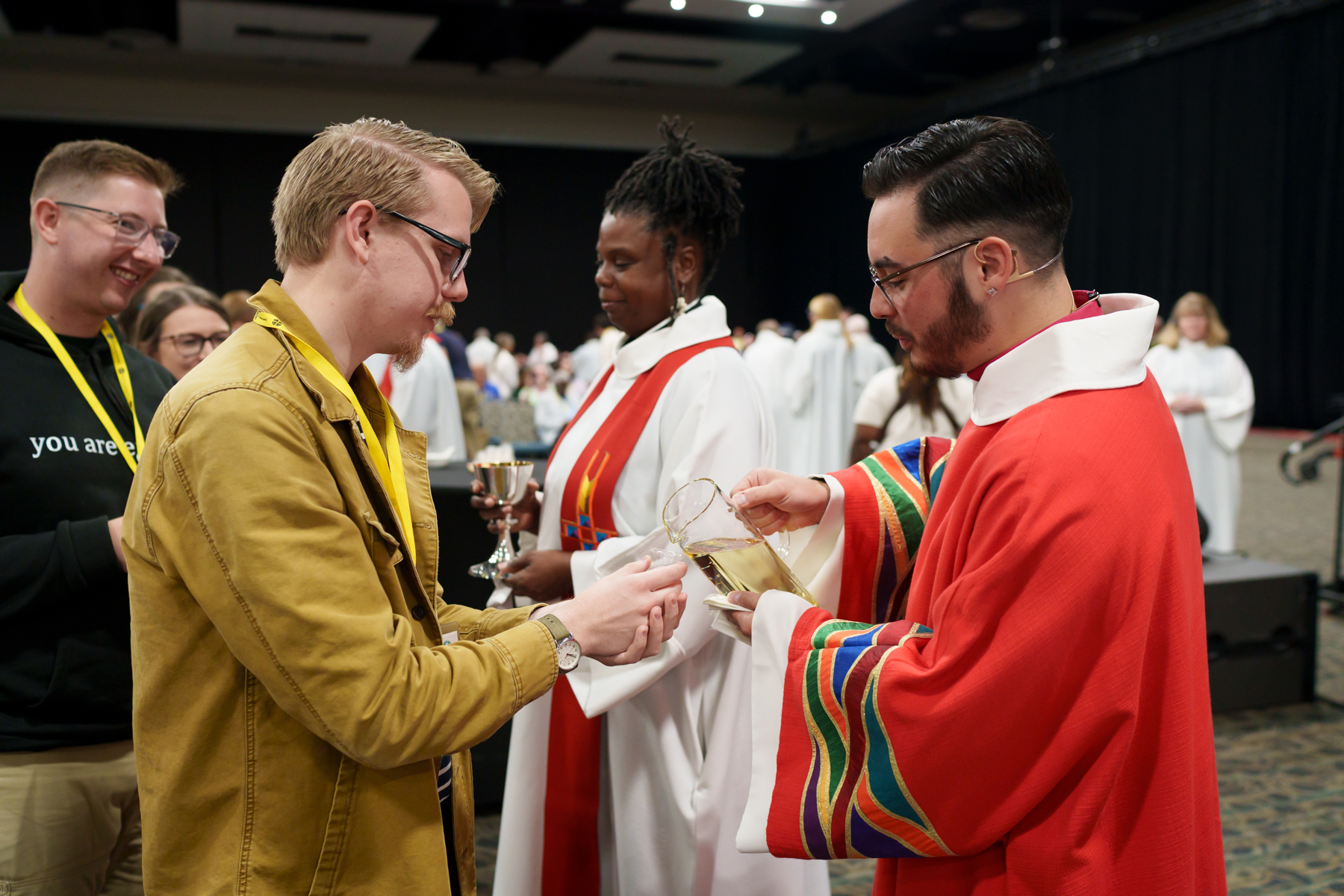
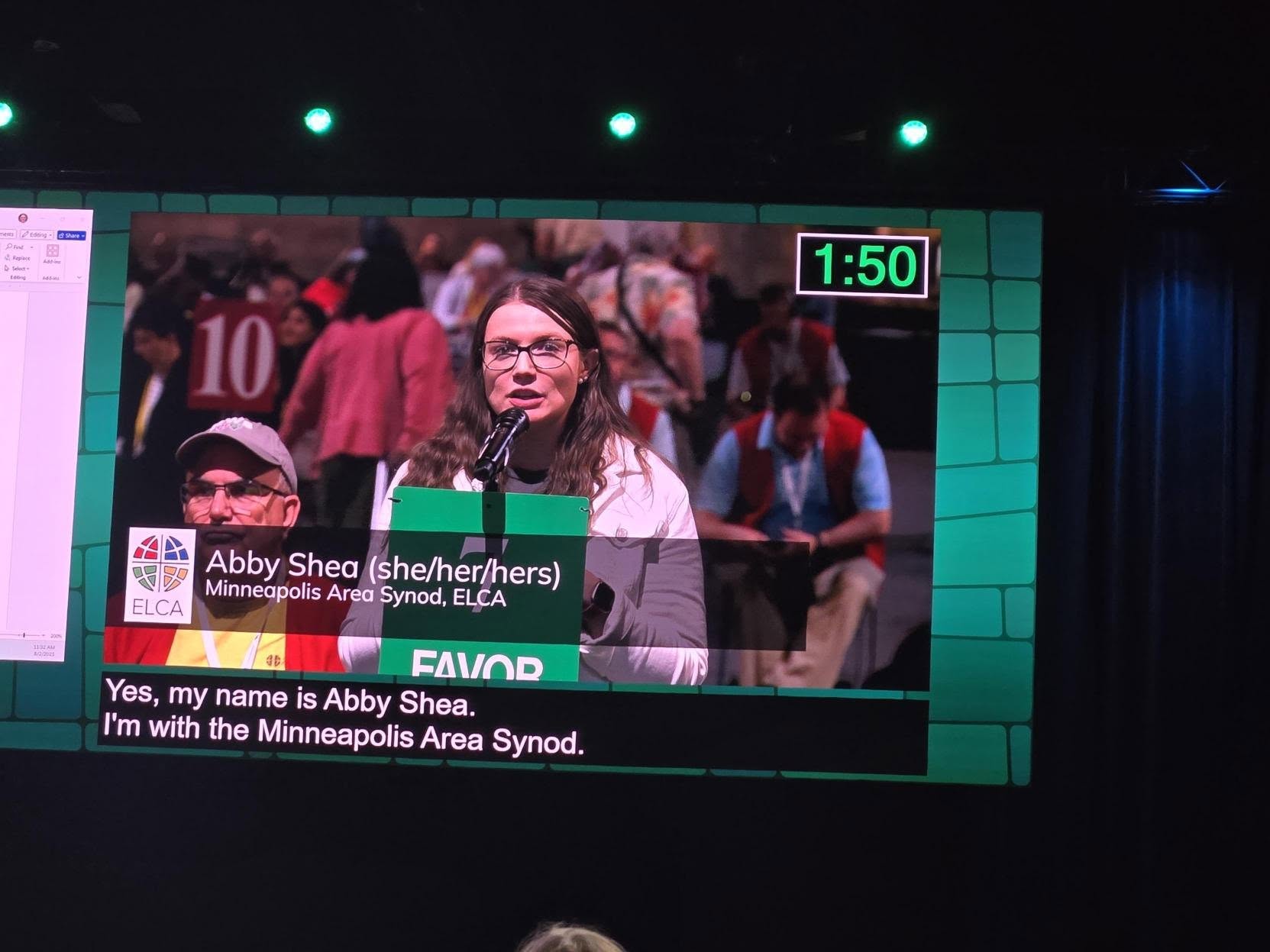
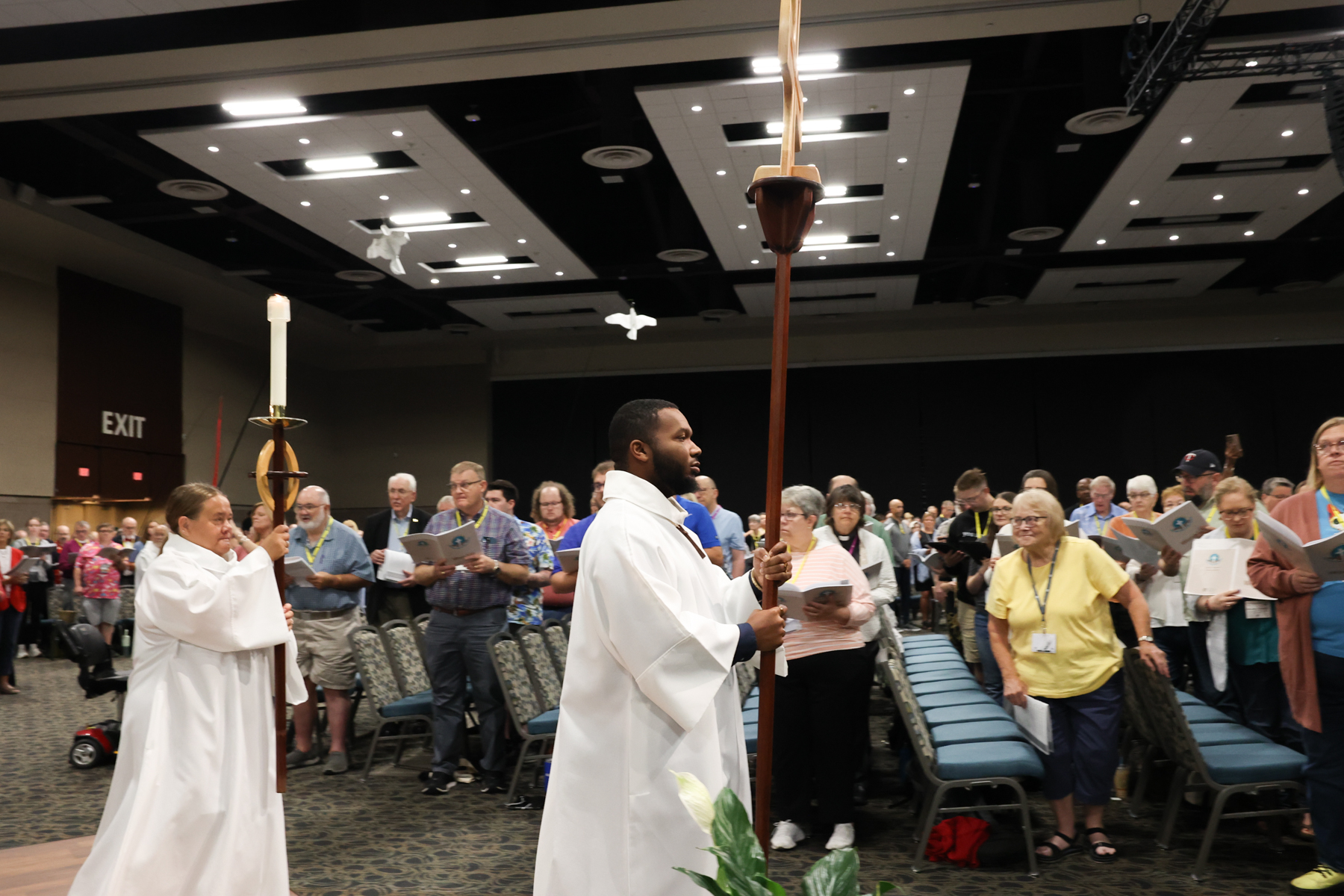
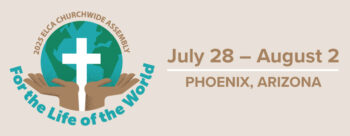
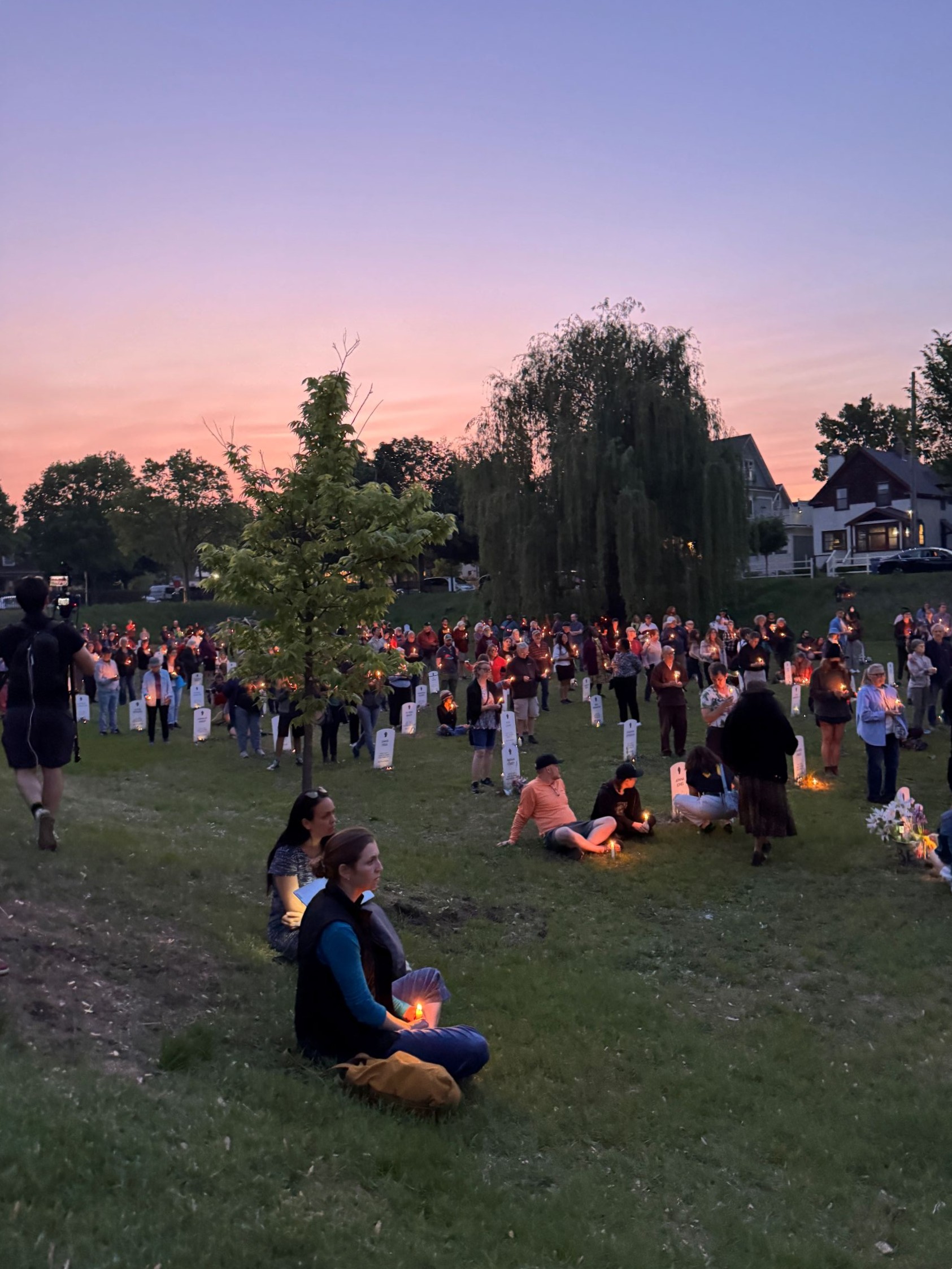
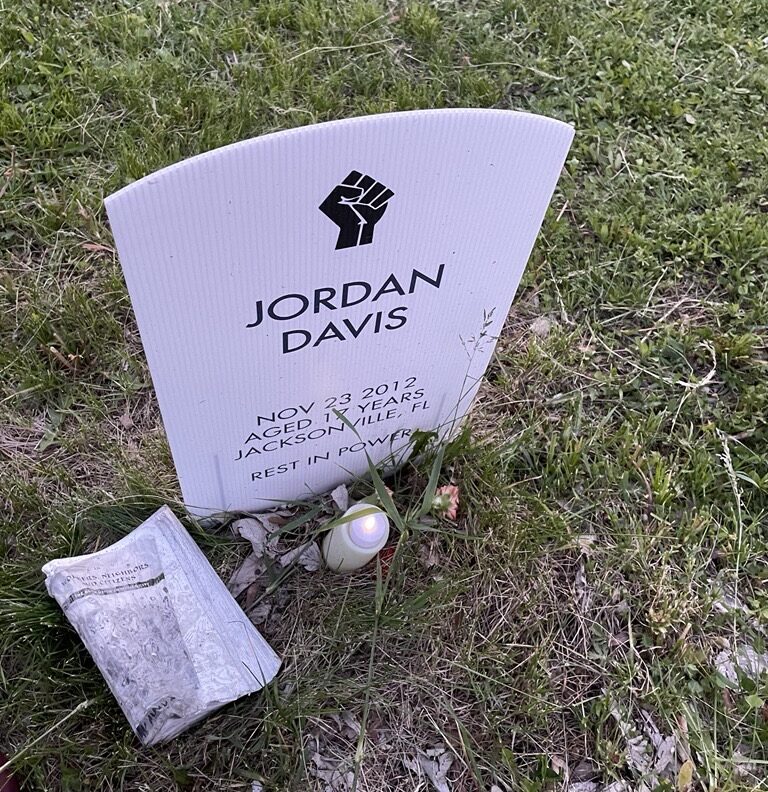 Holding space.
Holding space. 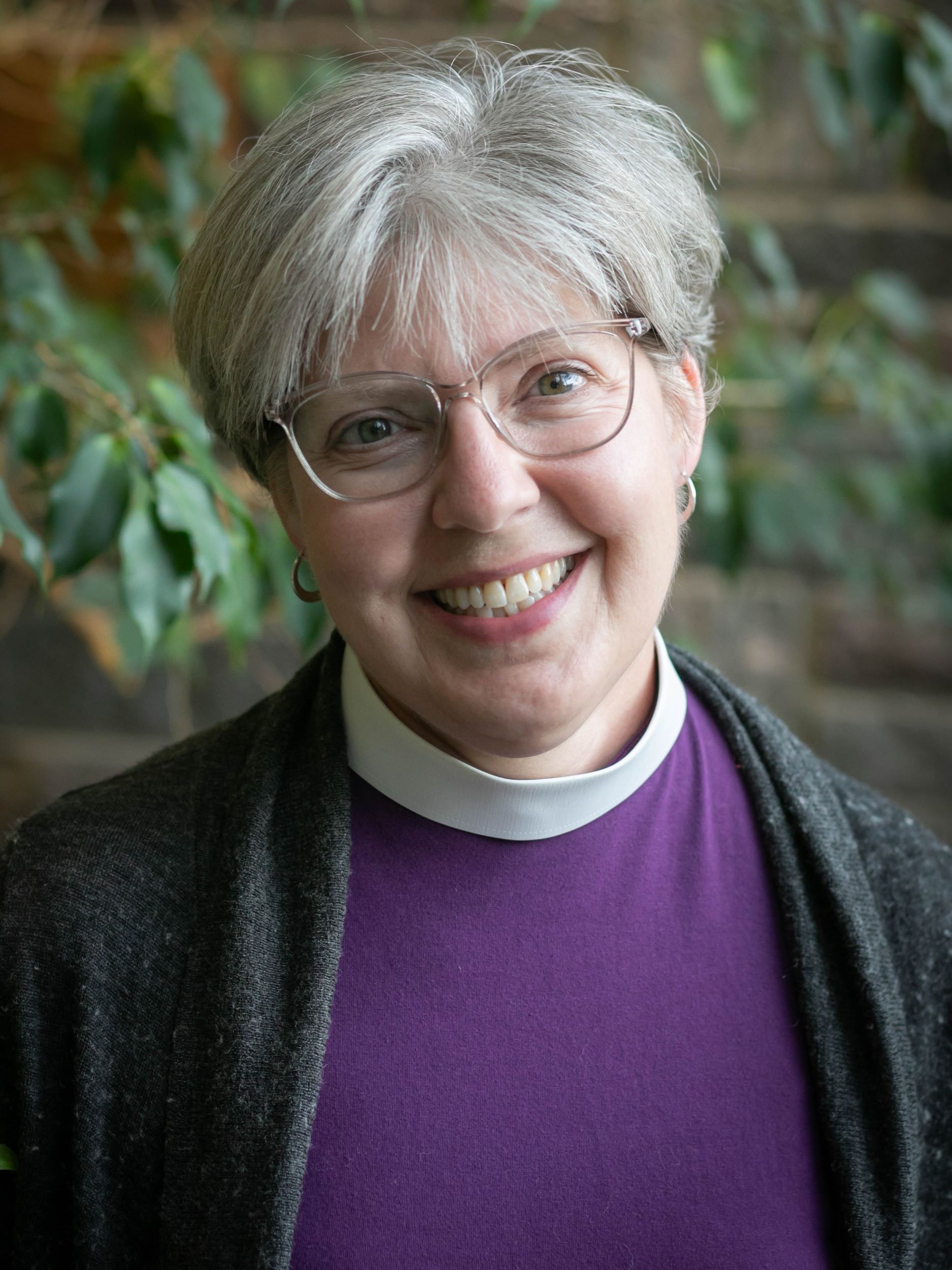 By Bishop Jen Nagel
By Bishop Jen Nagel
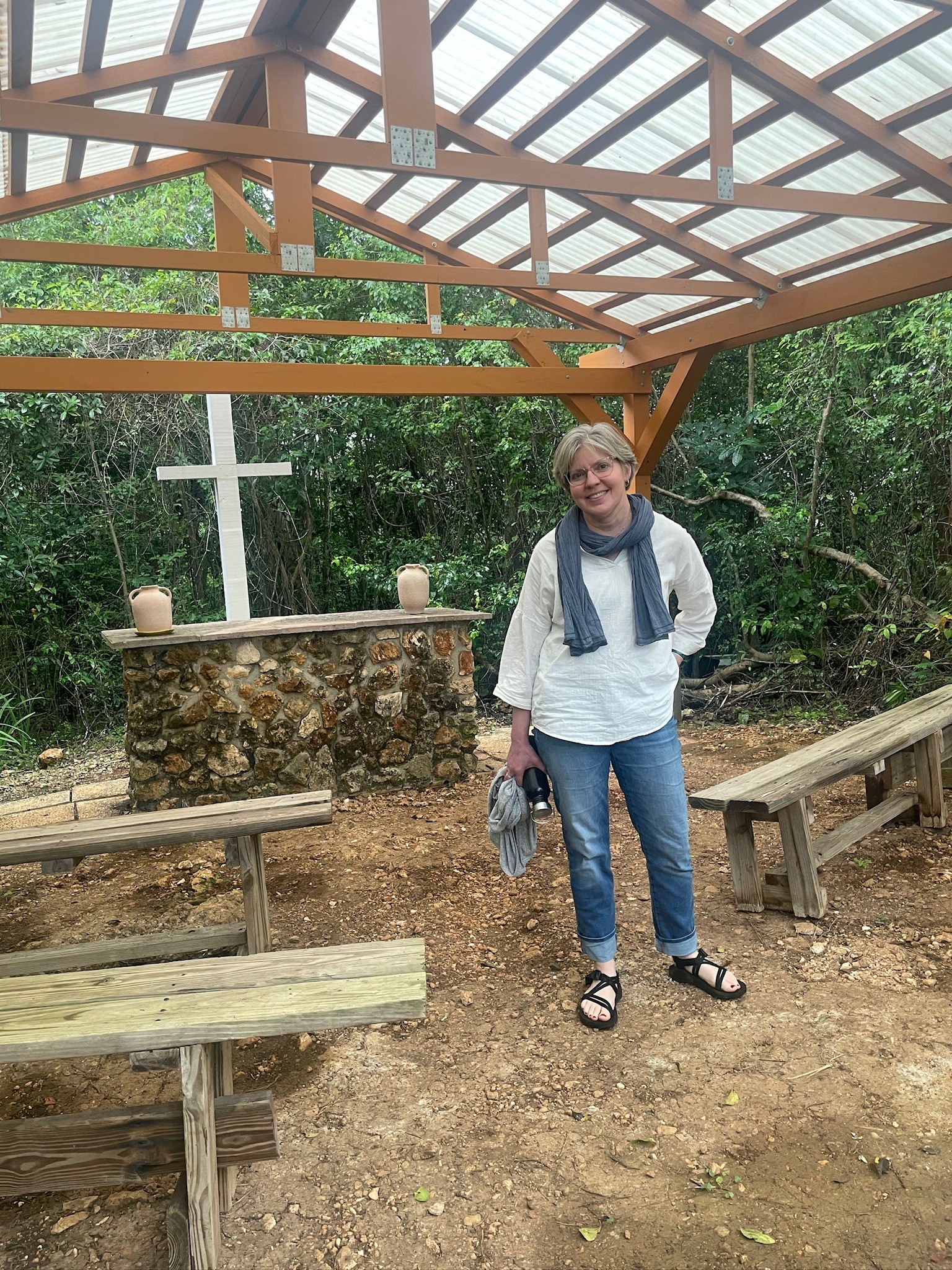


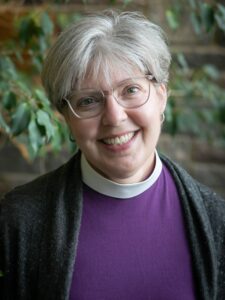 By Bishop Jen Nagel
By Bishop Jen Nagel